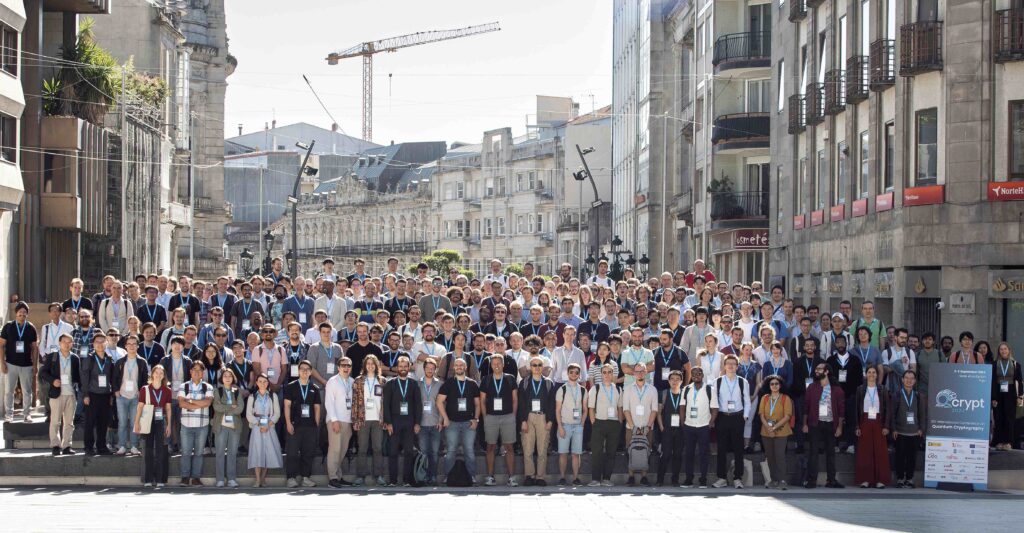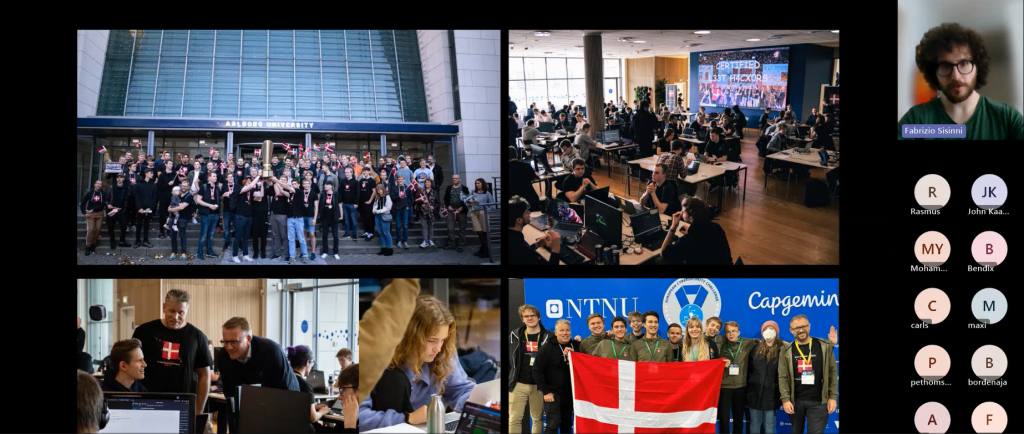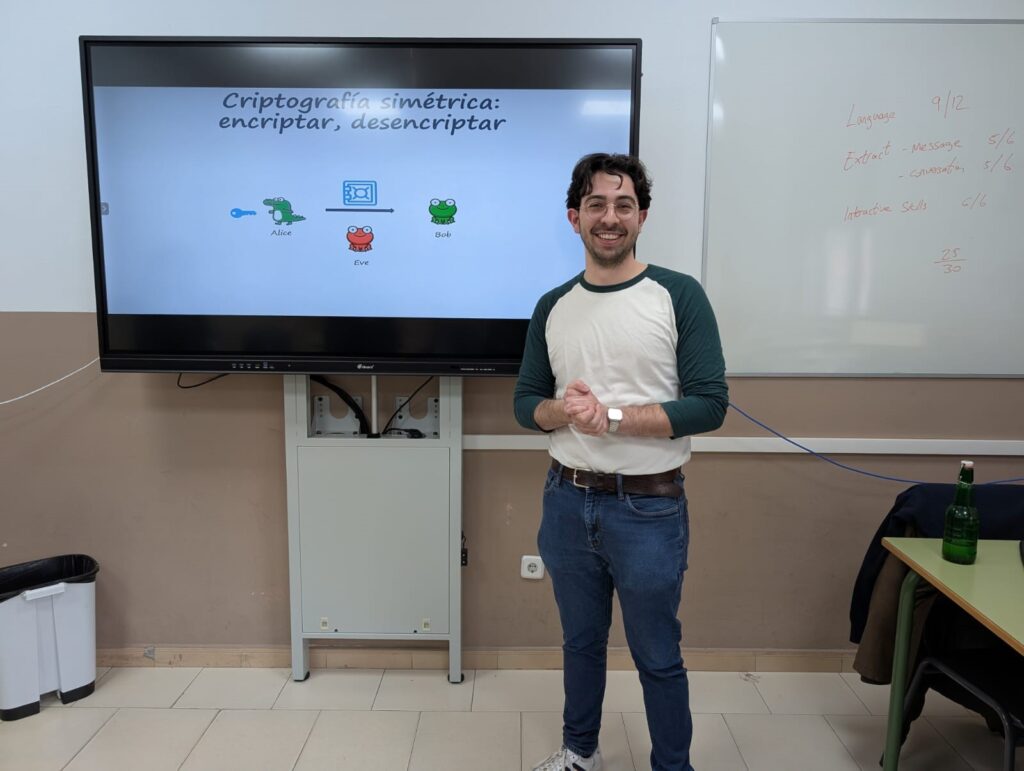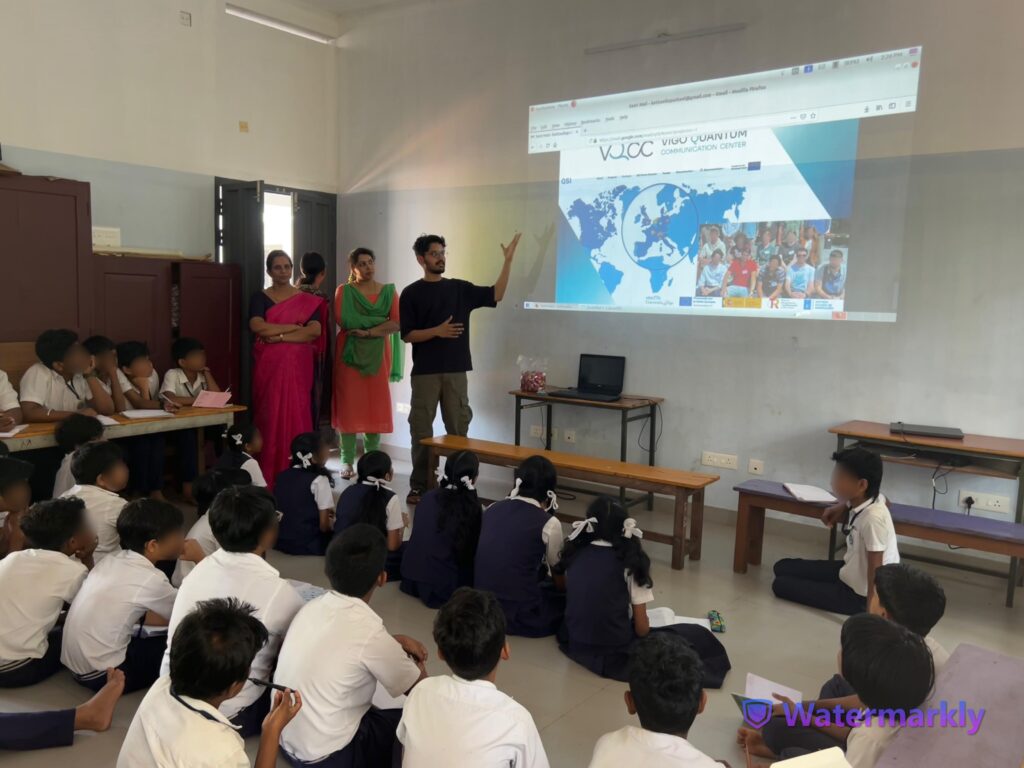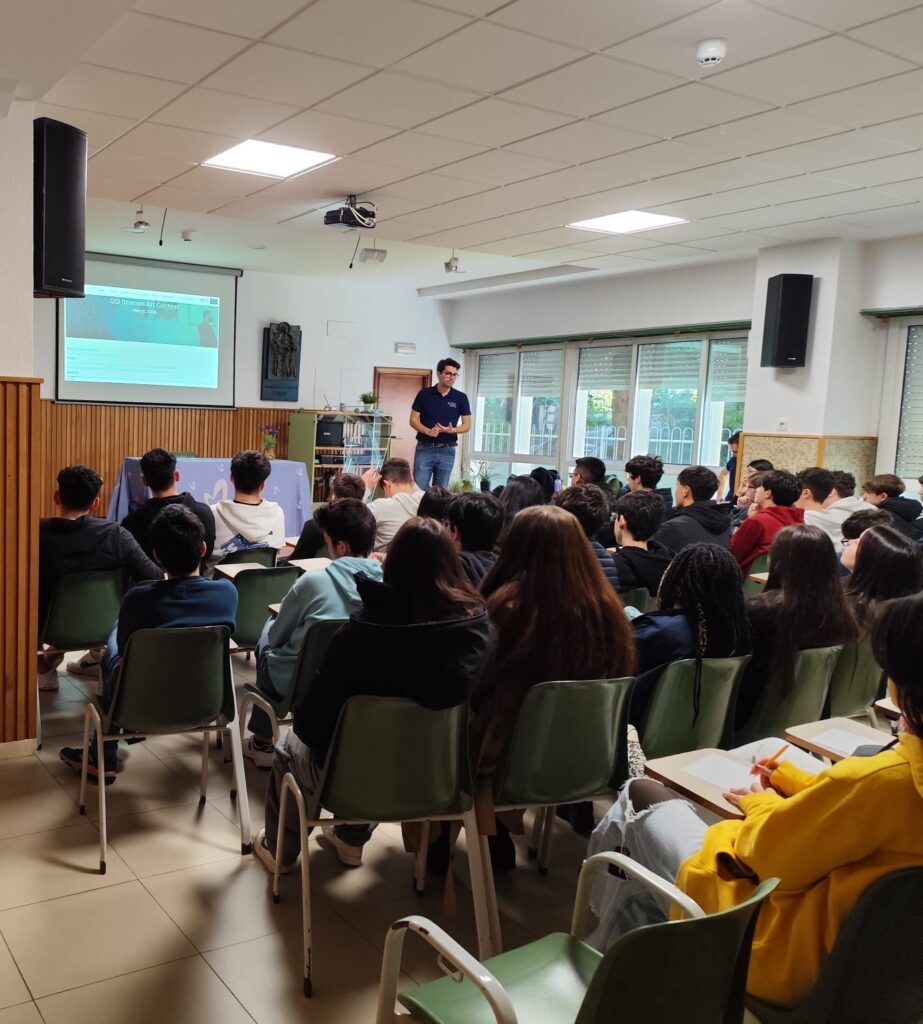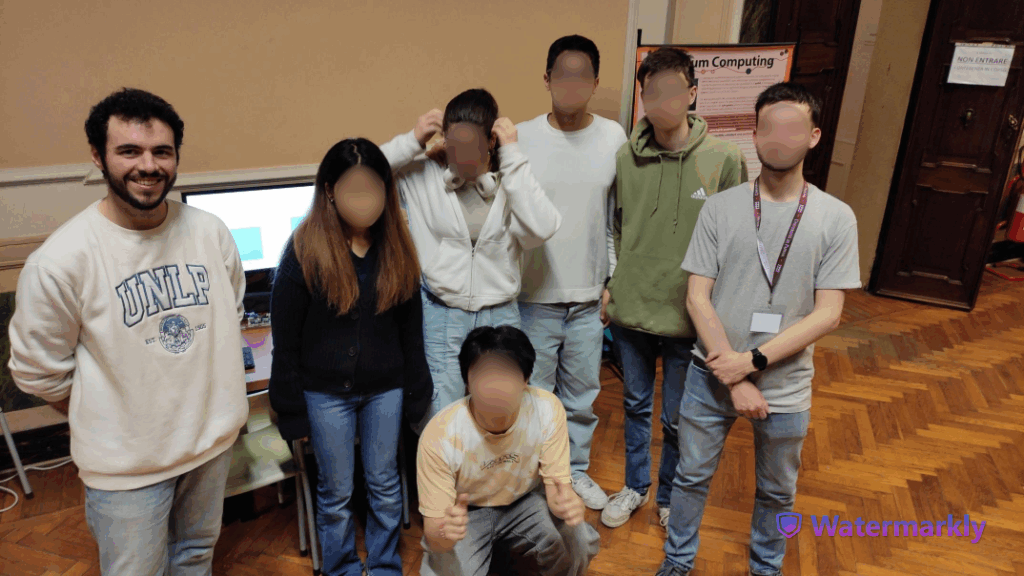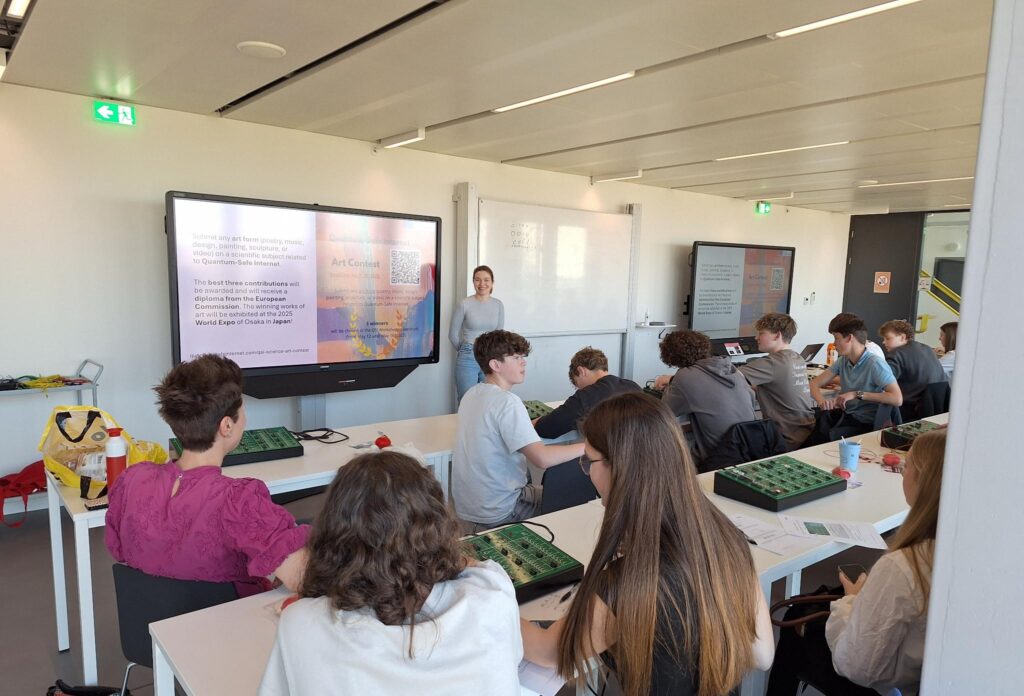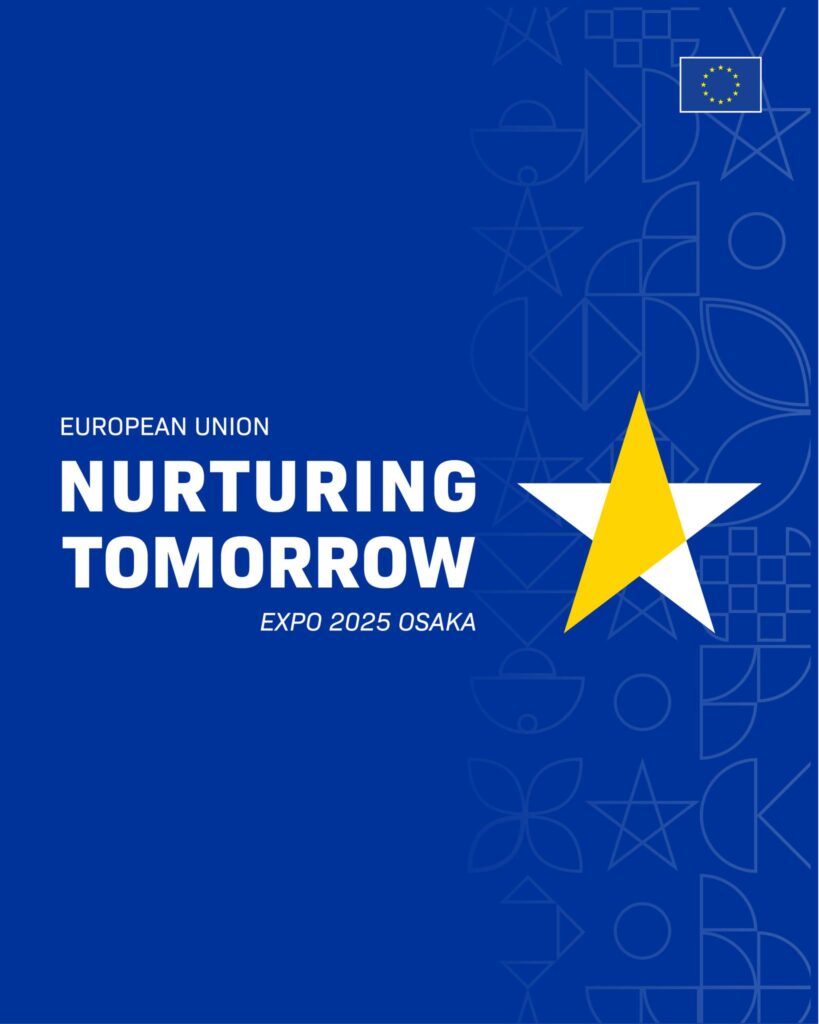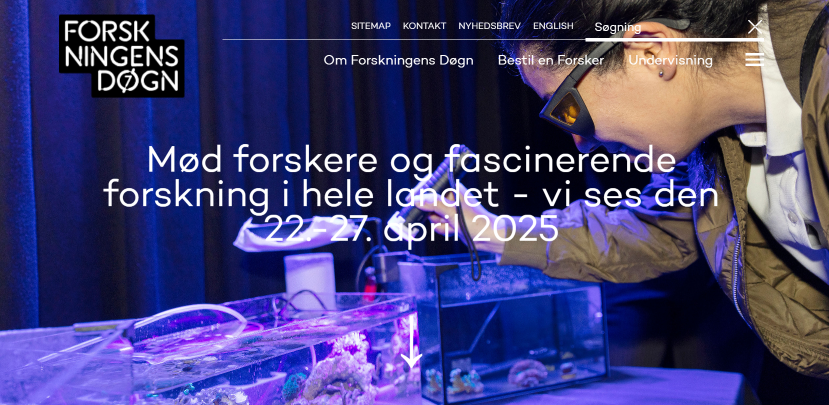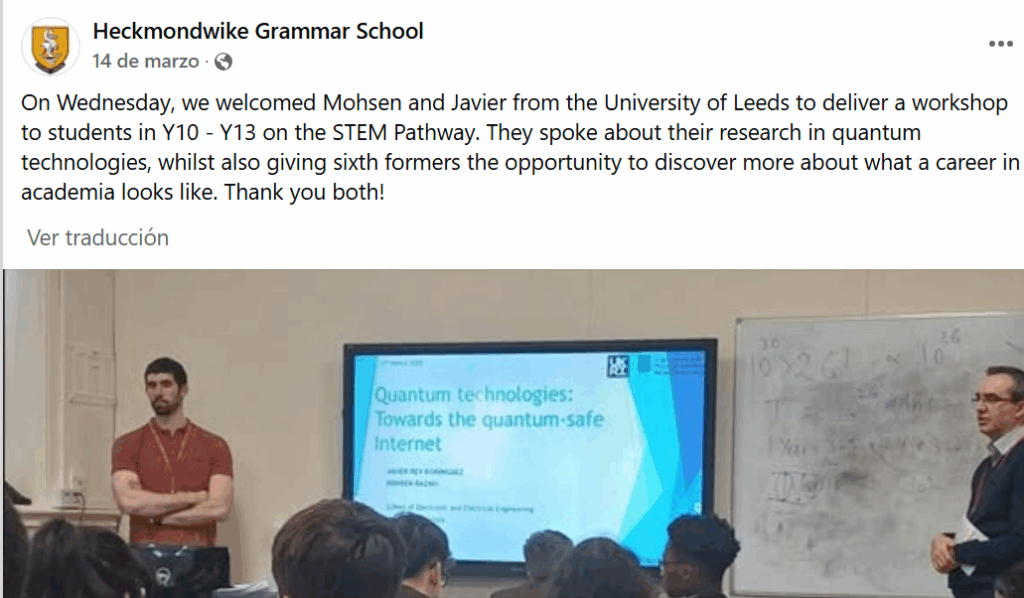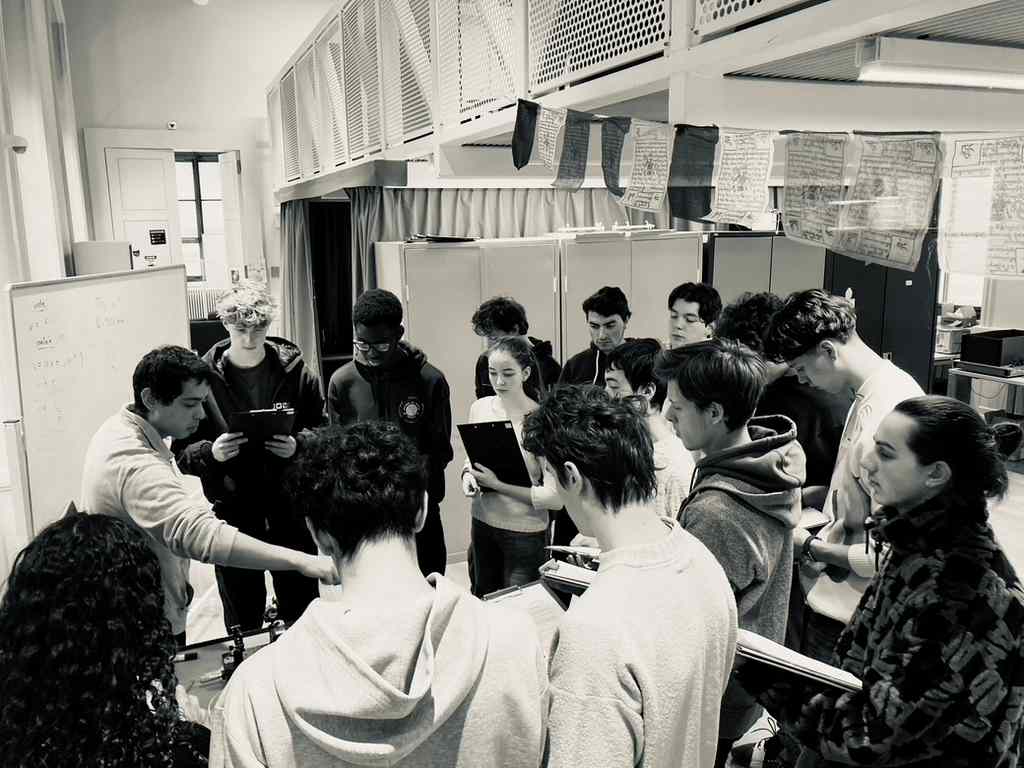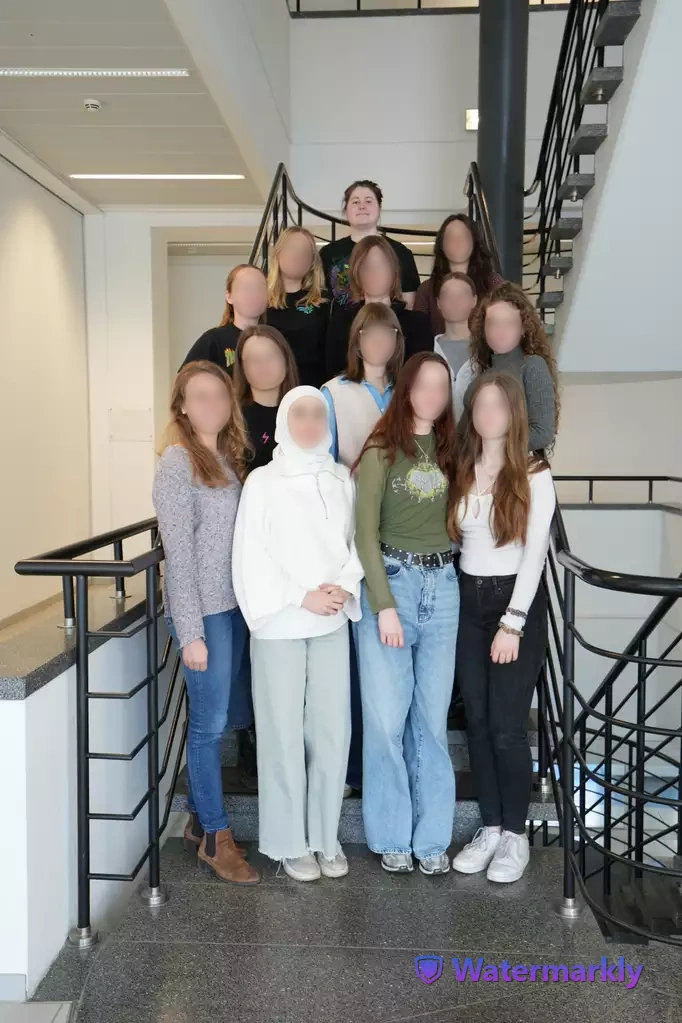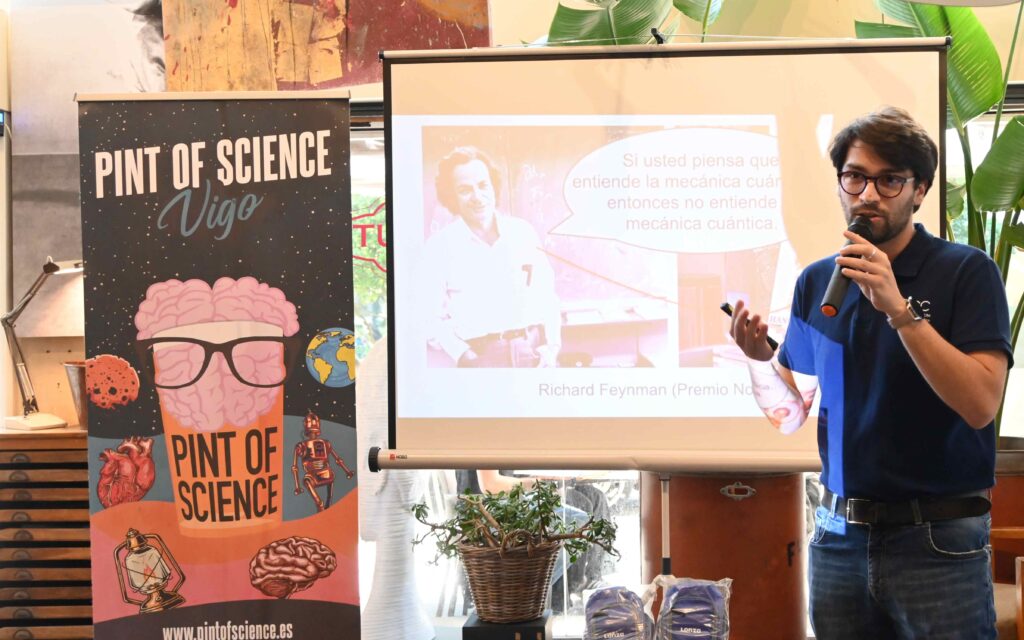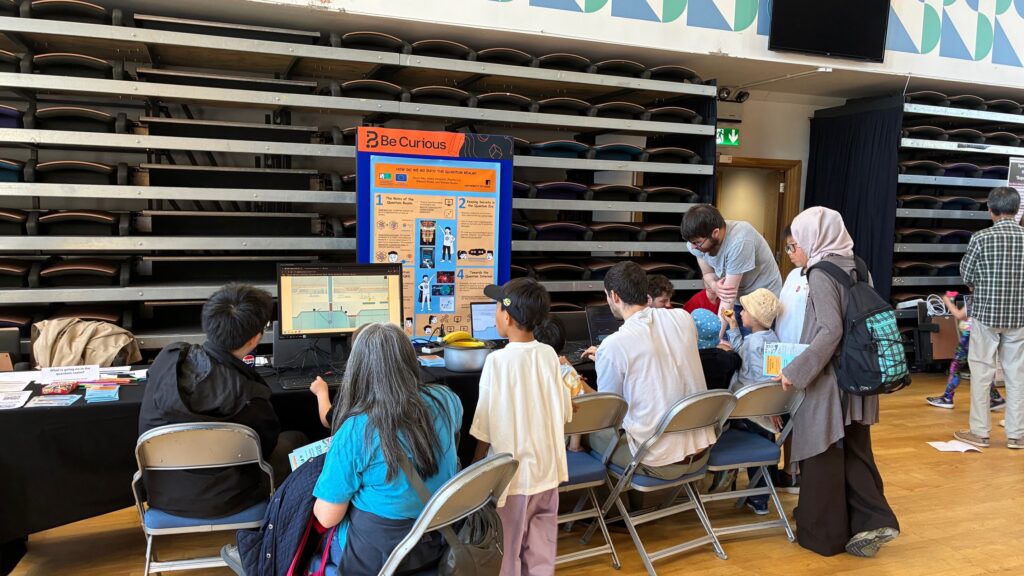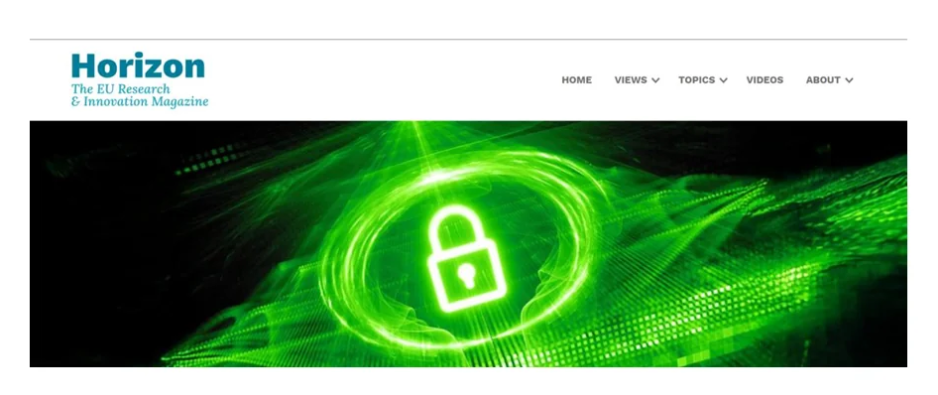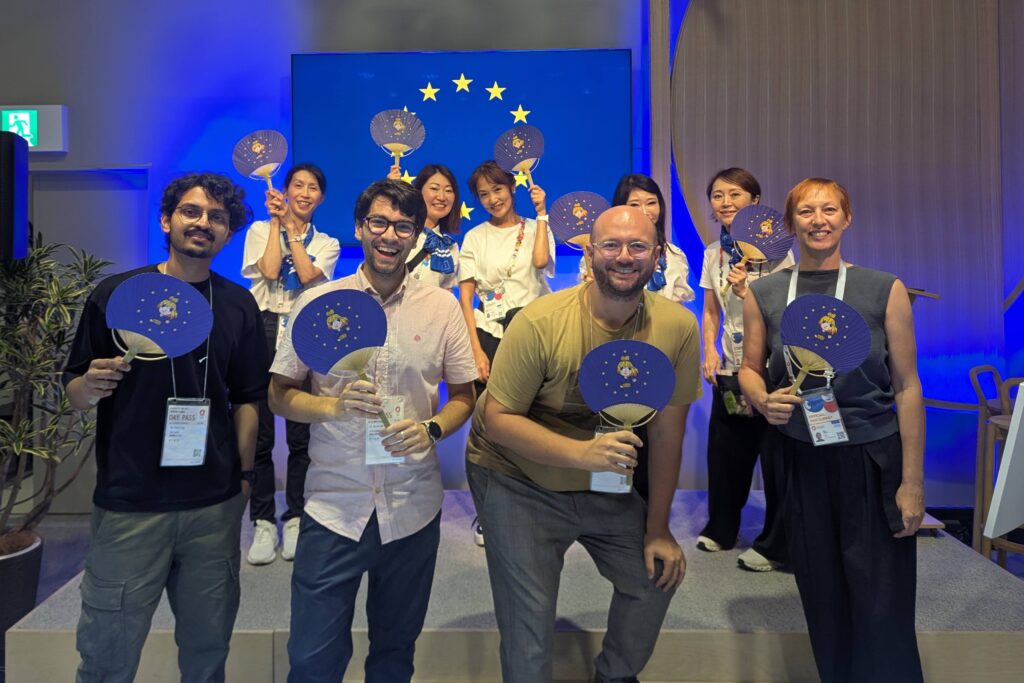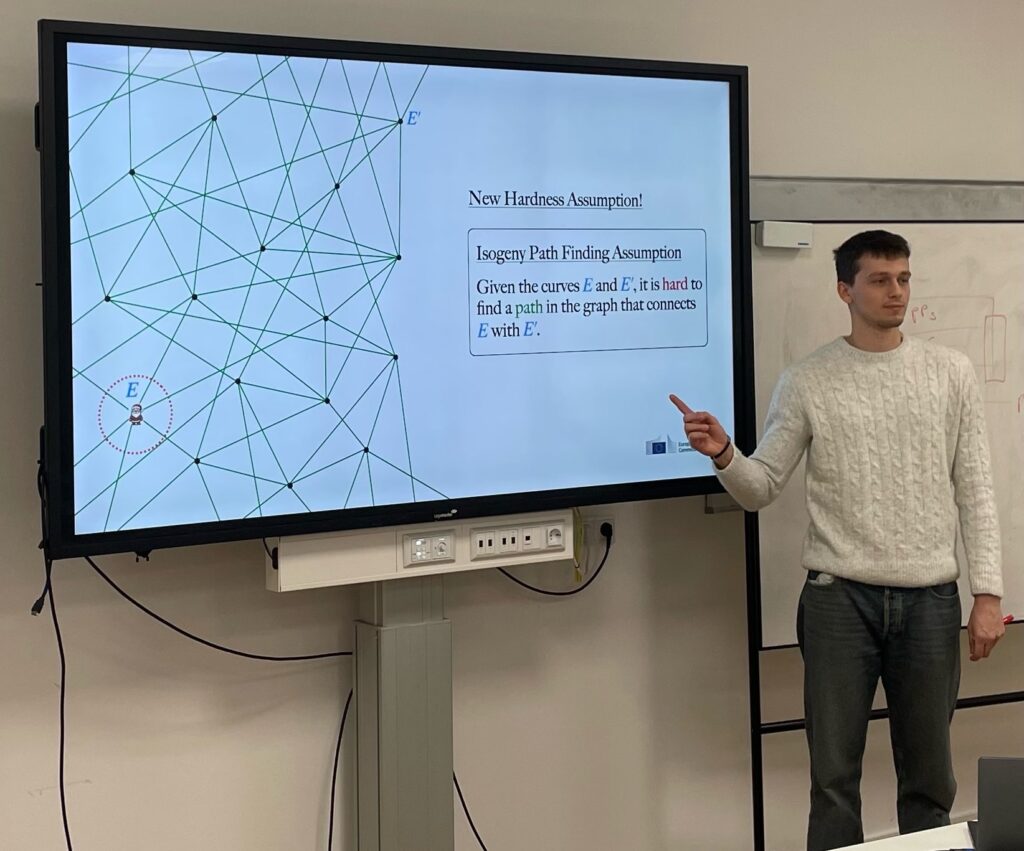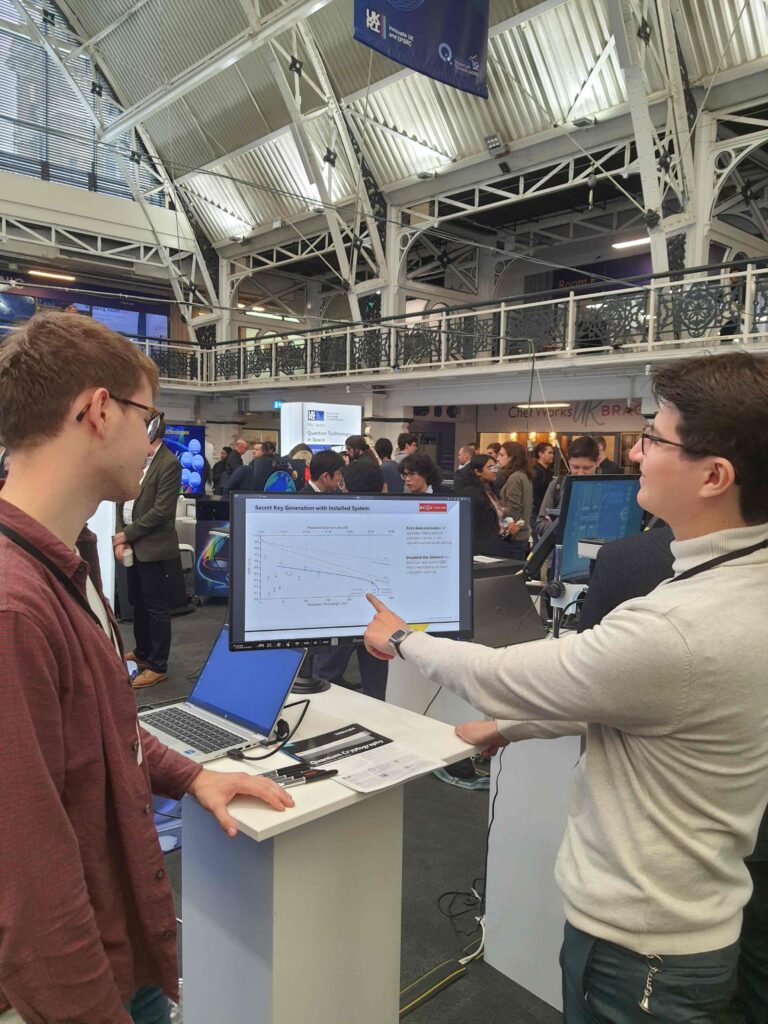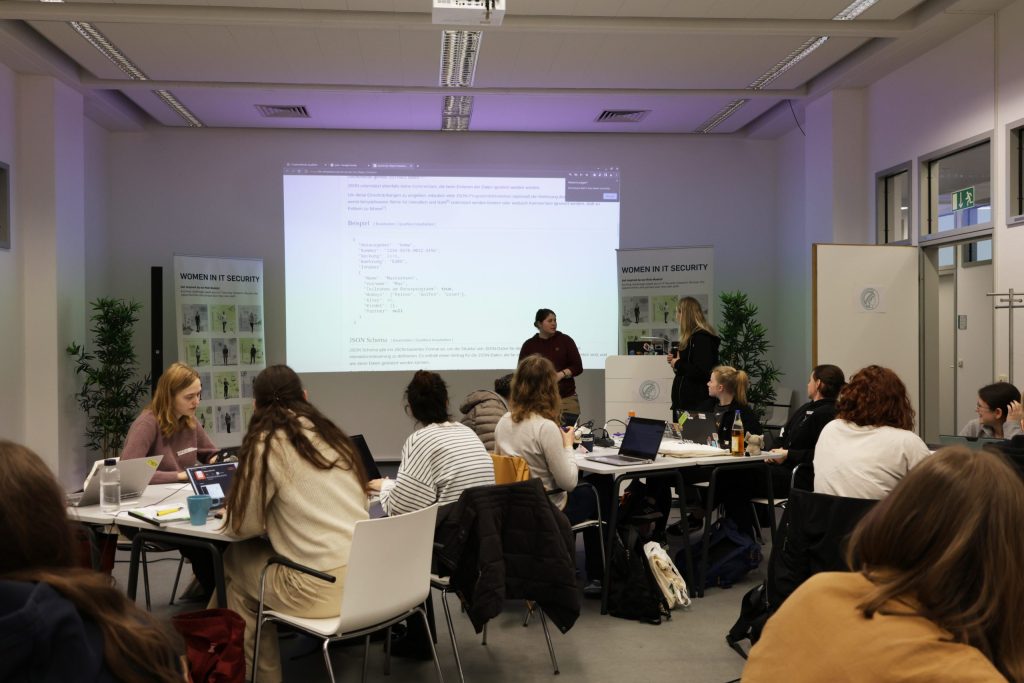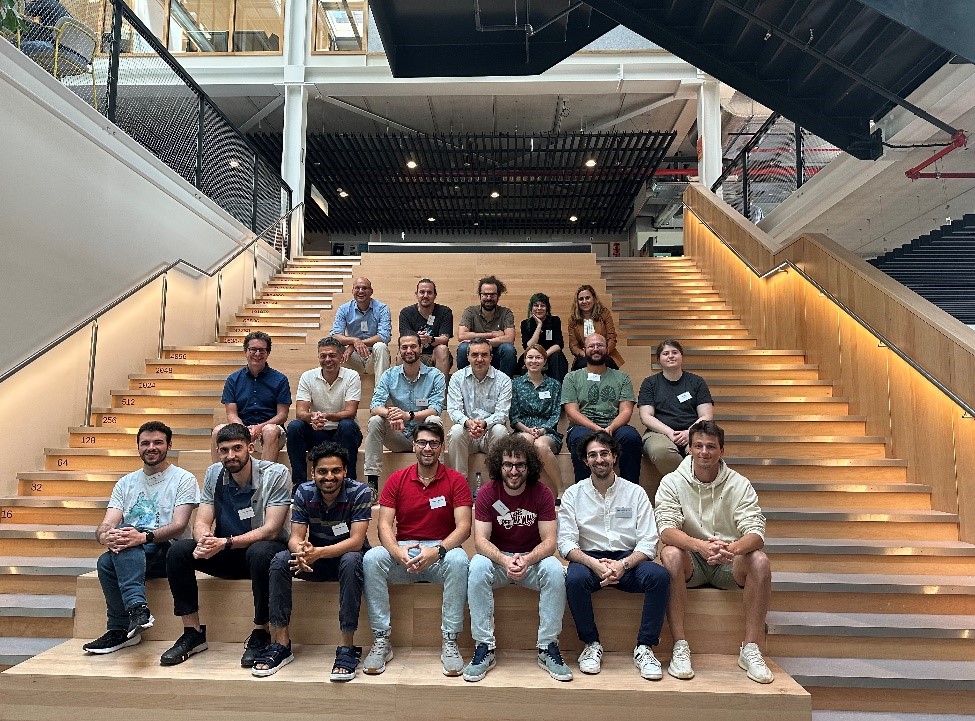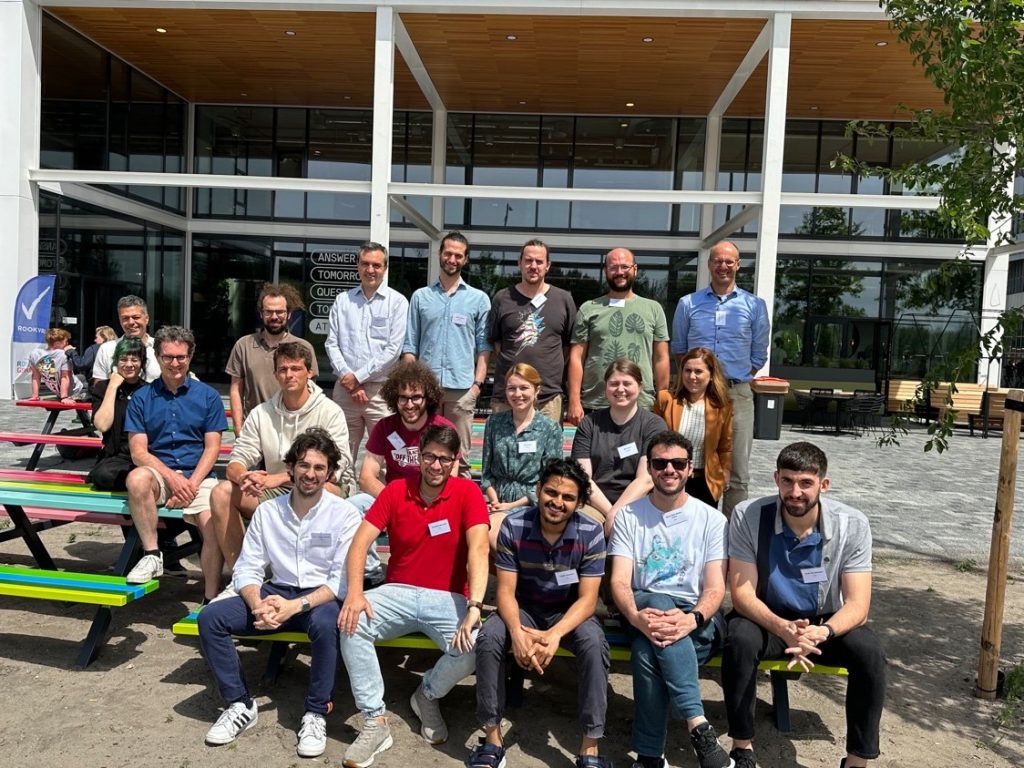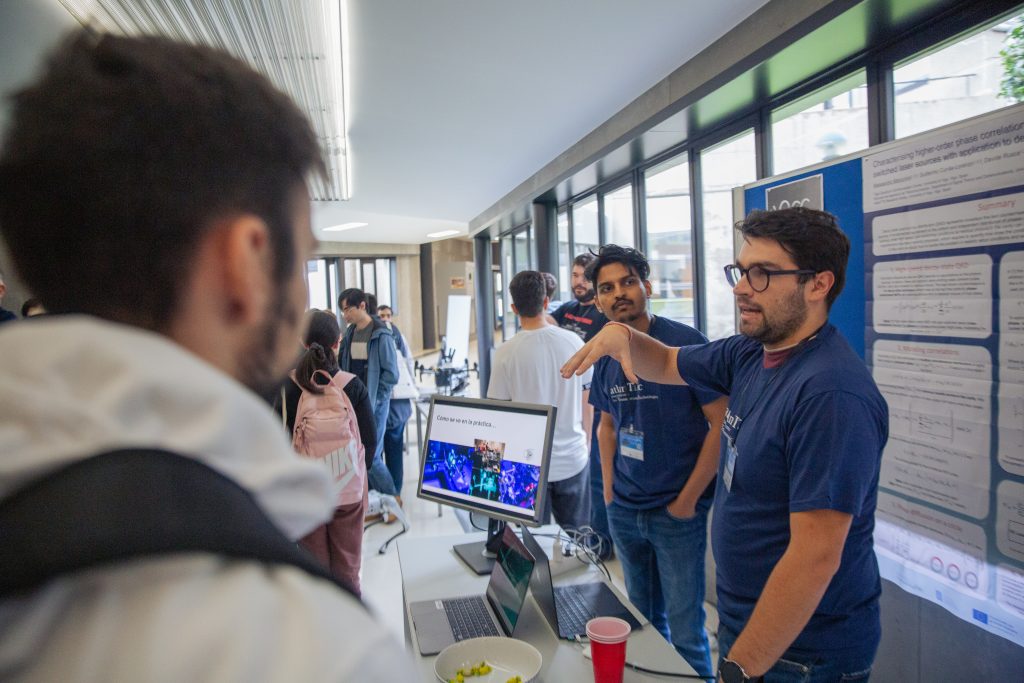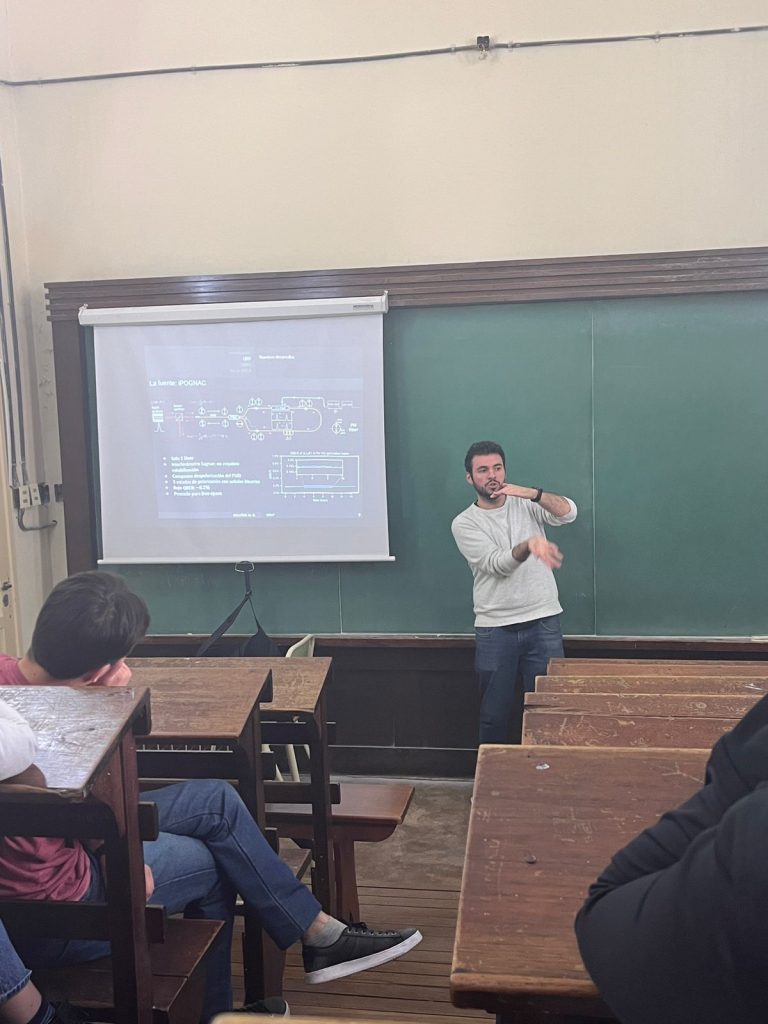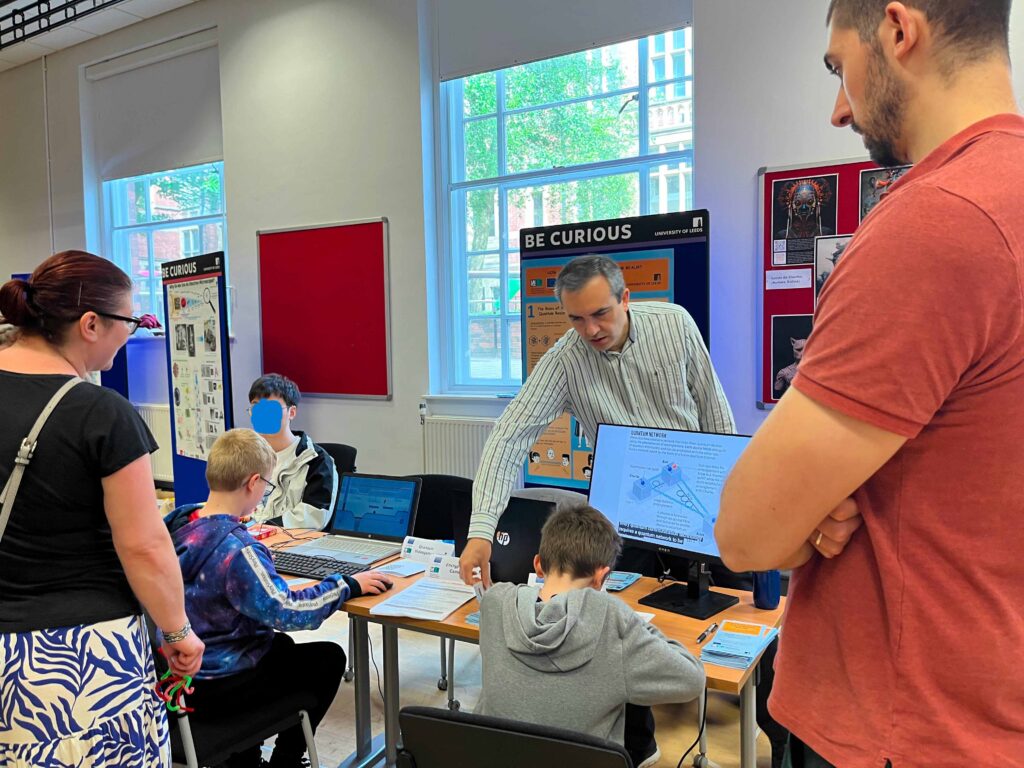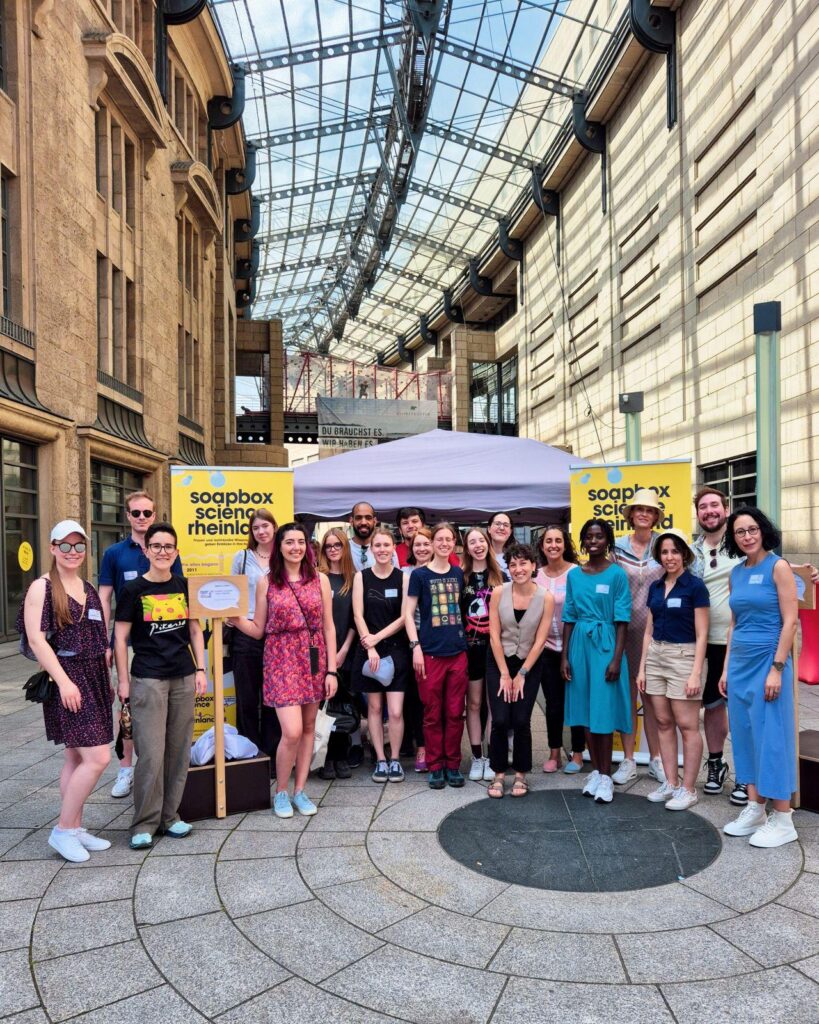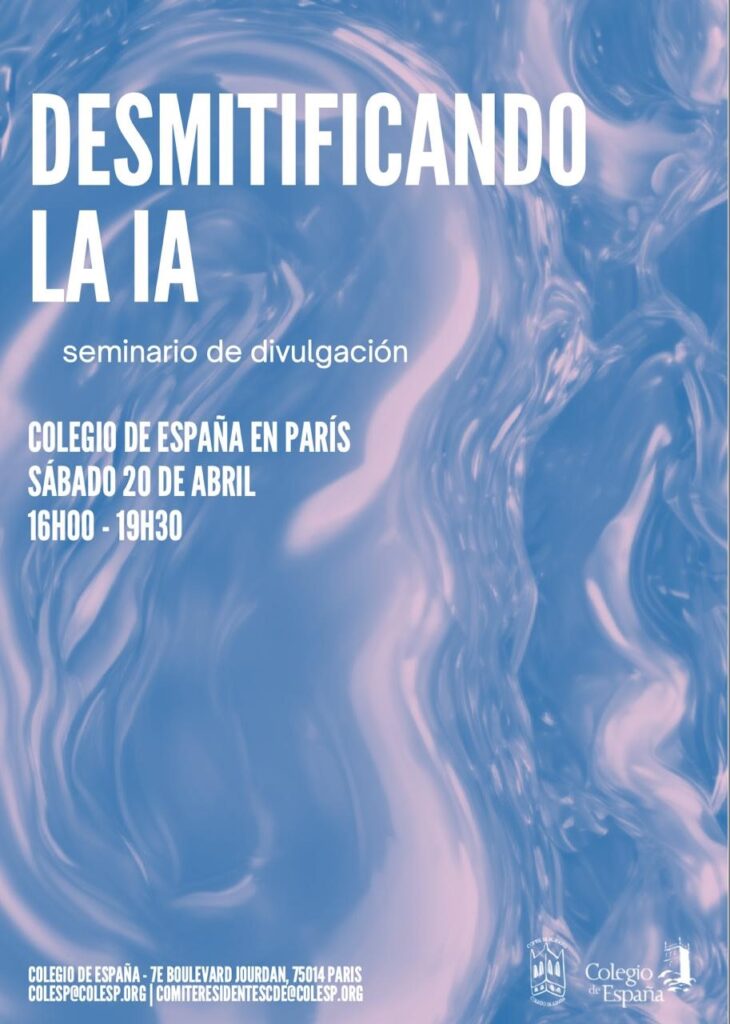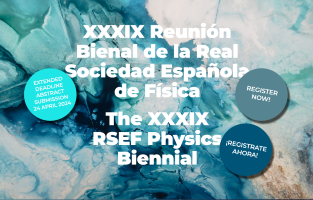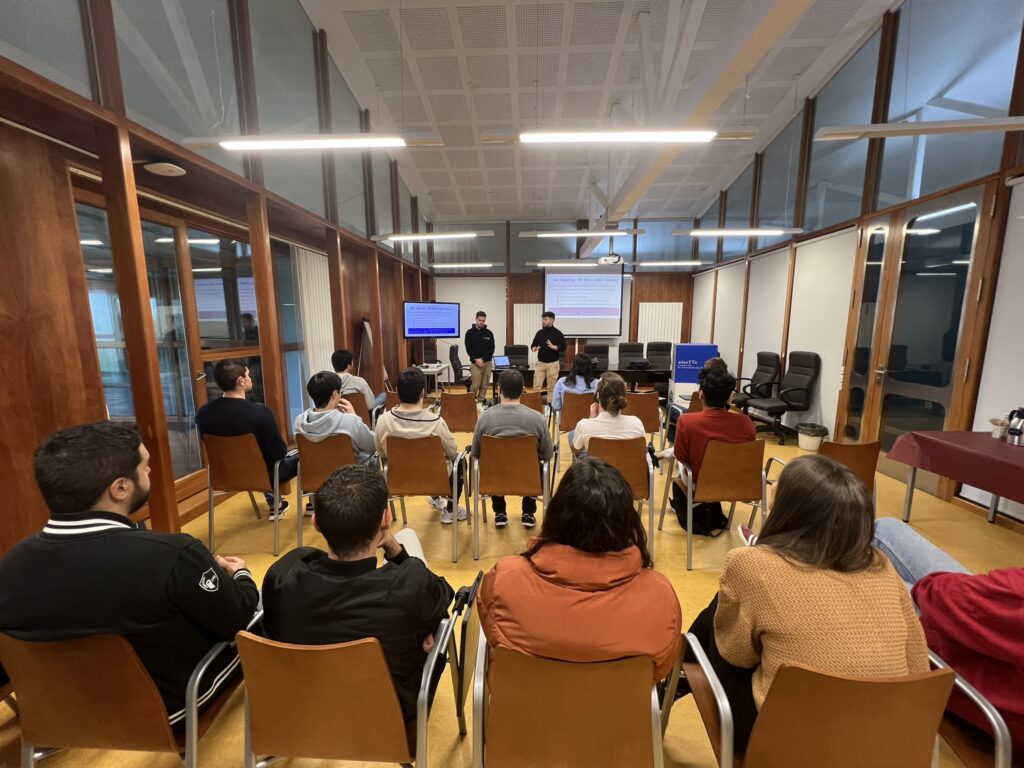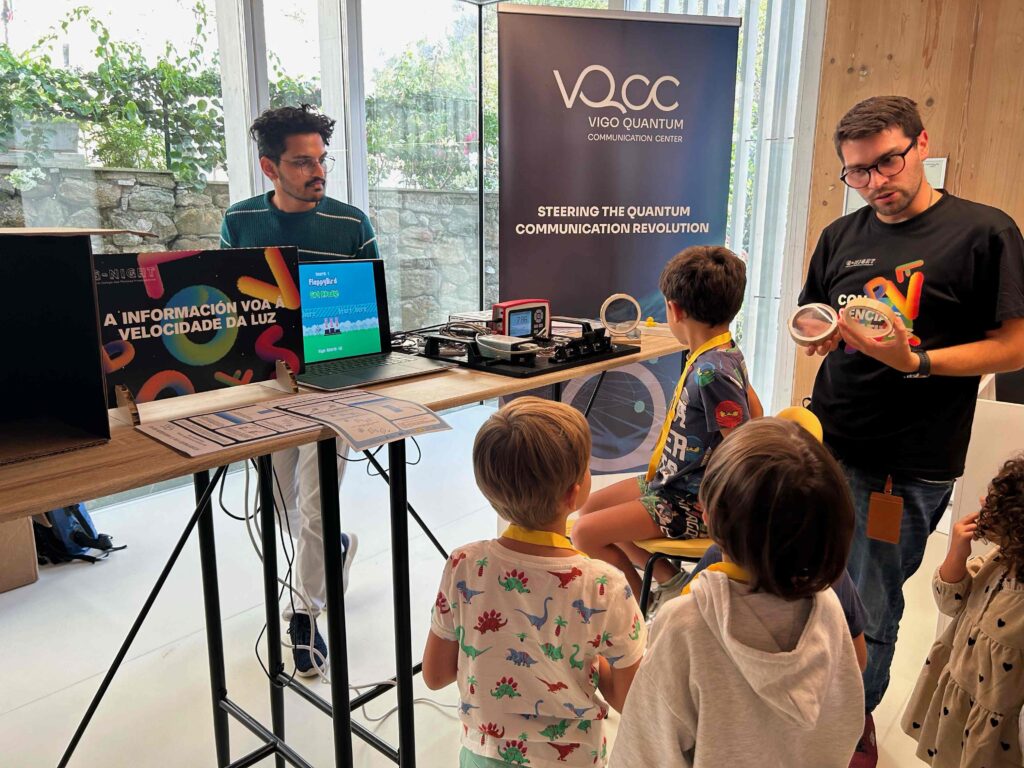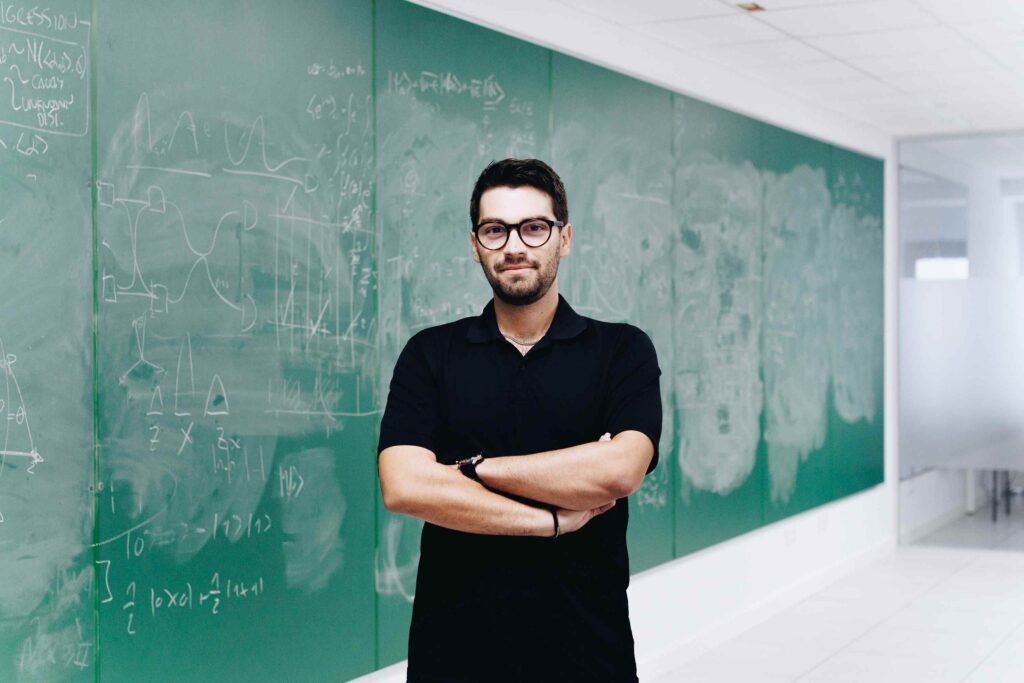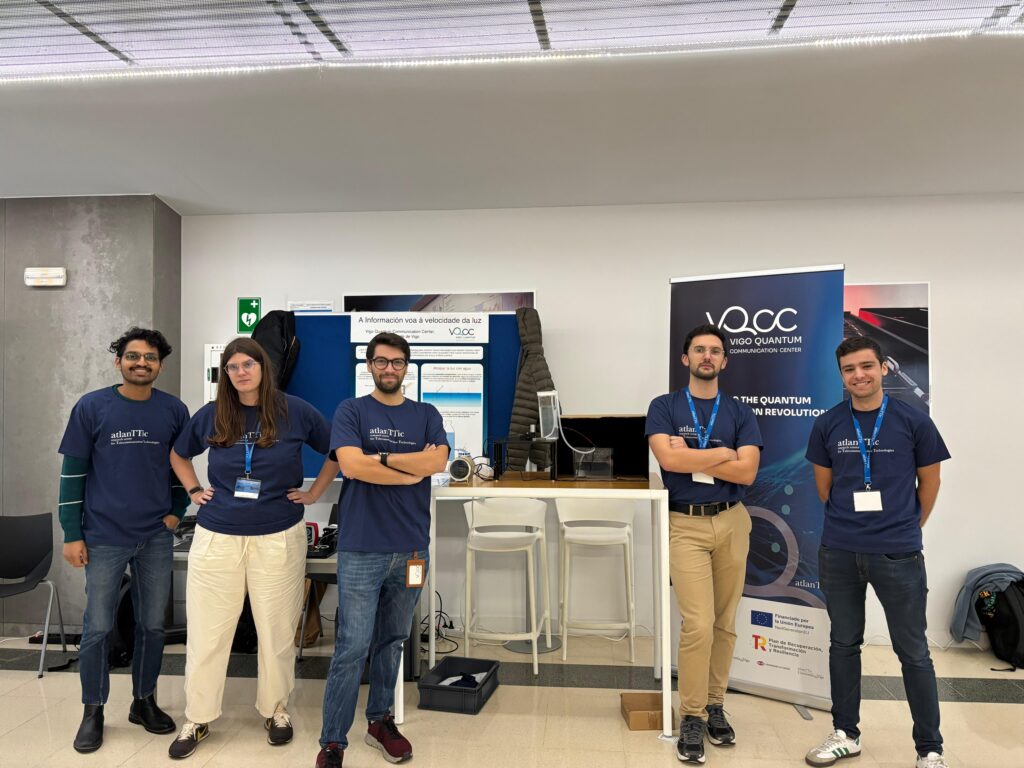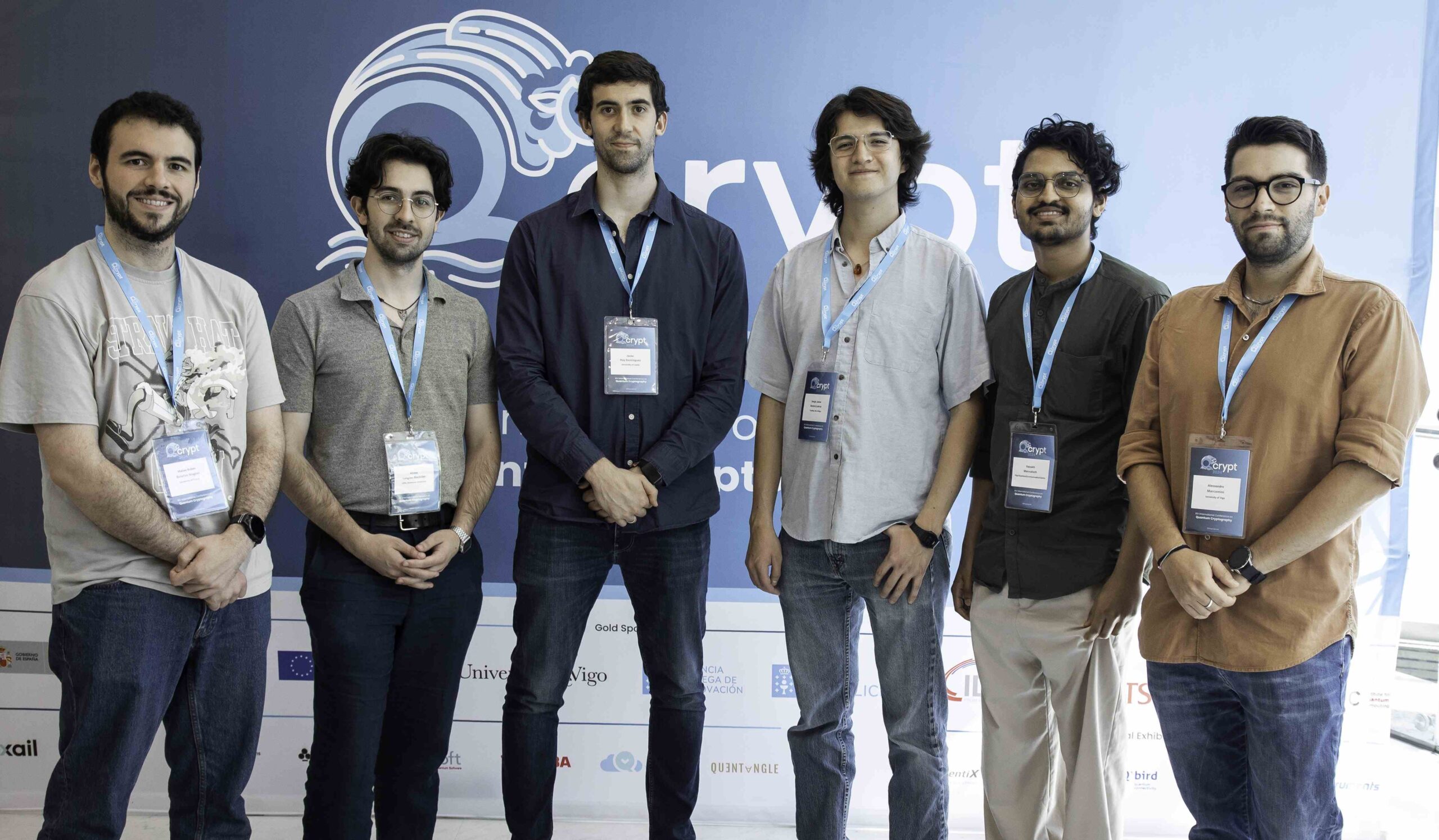
News
QSI members attend Qcrypt 2024.
From September 2 to 6, 2024, part of the QSI project team attended the International Conference on Quantum Cryptography (Qcrypt 2024), which was held in the city of Vigo (Spain), with more than 300 attendees and supported by about 20 sponsors. See https://2024.qcrypt.net/
QCrypt is the most important conference in quantum communications. It is a conference for students and researchers working on all aspects of quantum cryptography, this includes theoretical and experimental research on the possibilities and limitations of secure communication and computation with quantum mechanical devices or in the presence of quantum mechanical devices (the conference includes but is not limited to research on quantum key distribution). It is the goal of the conference to represent the previous year’s best results on quantum cryptography and to support the building of a research community in quantum cryptography.
In 2024, the program included about 50 talks and 200 posters. In addition, a public lecture was offered to the general public, and a visit to the VQCC laboratories was organized.
Poster Session
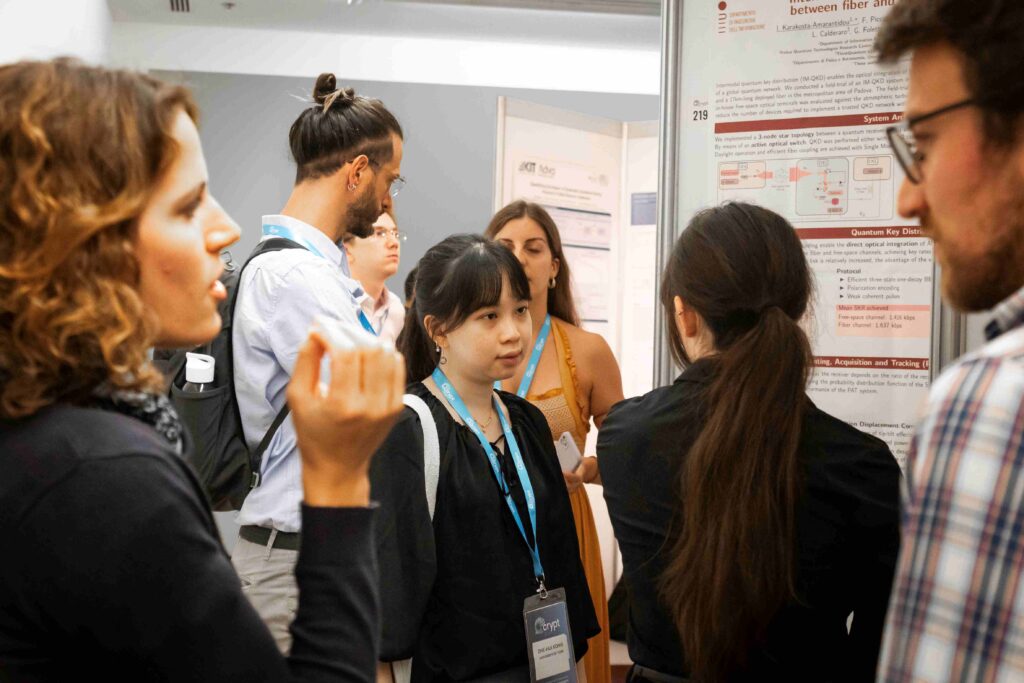
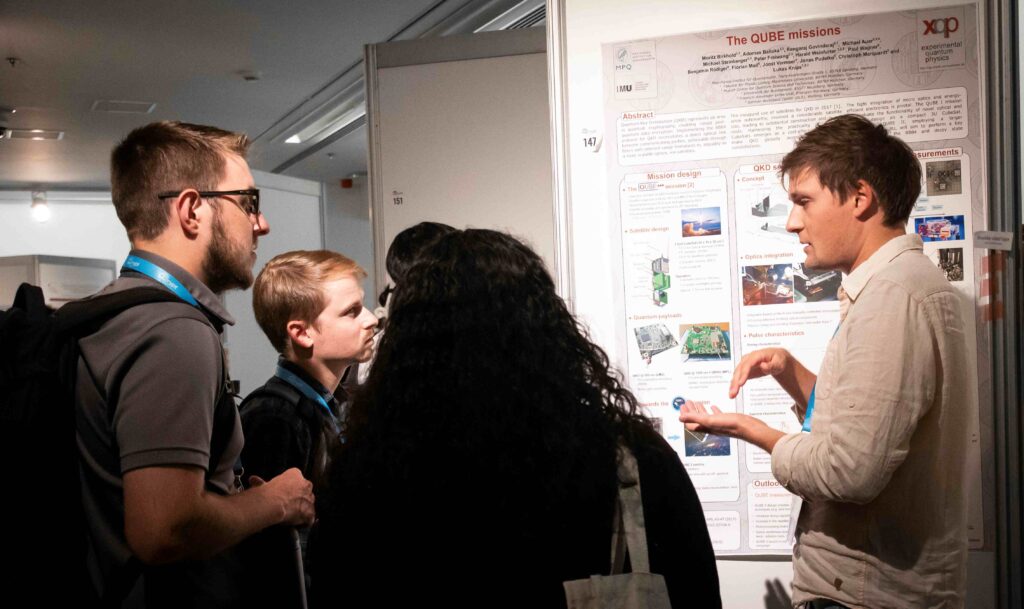
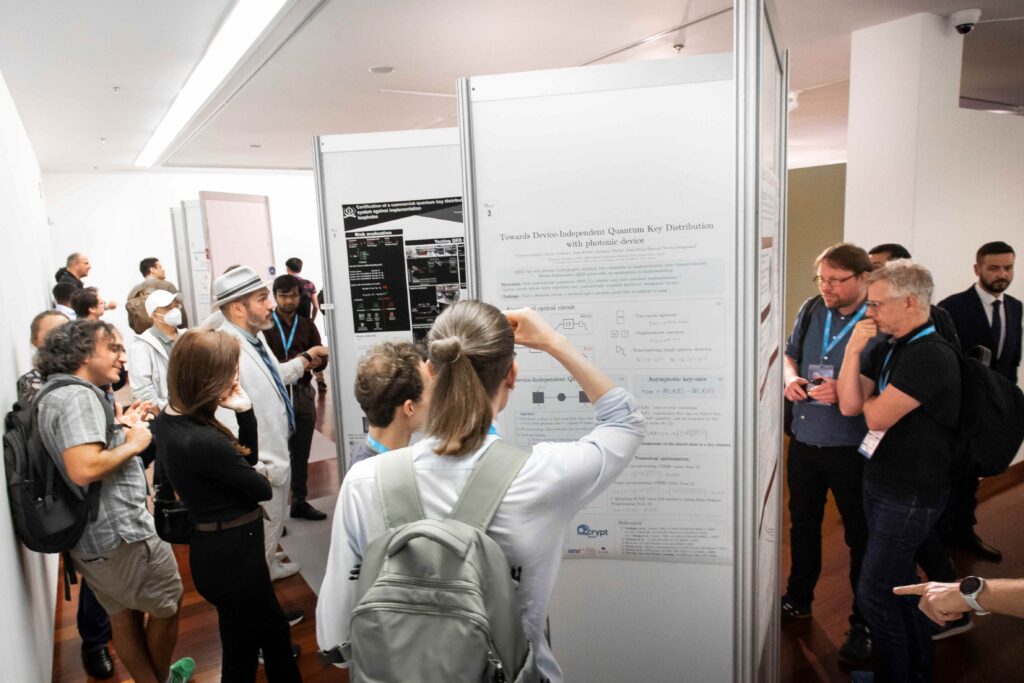
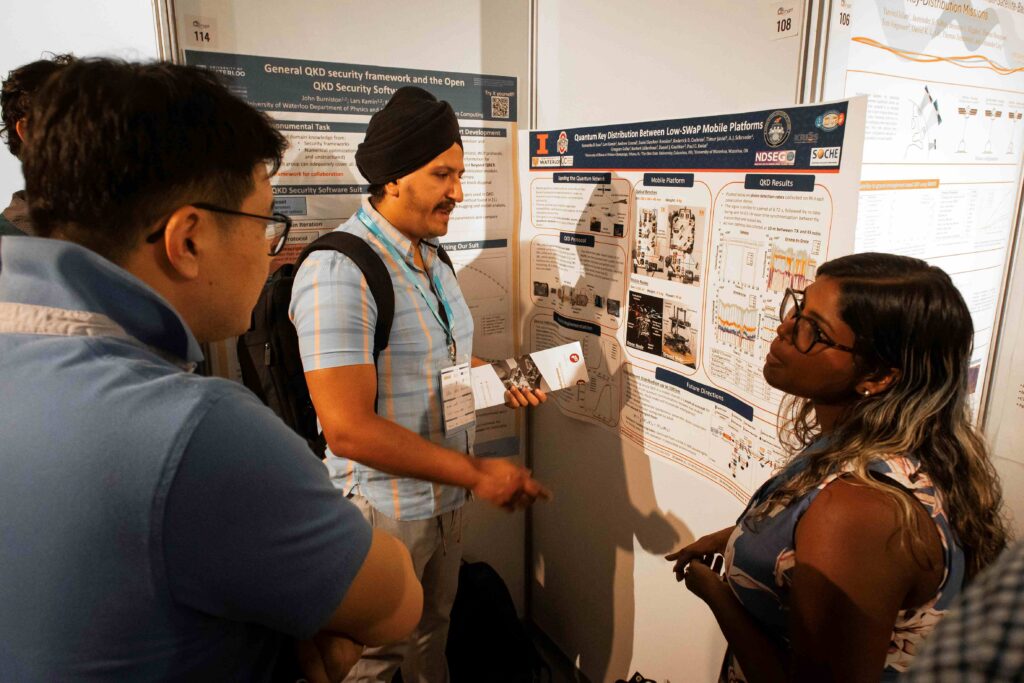
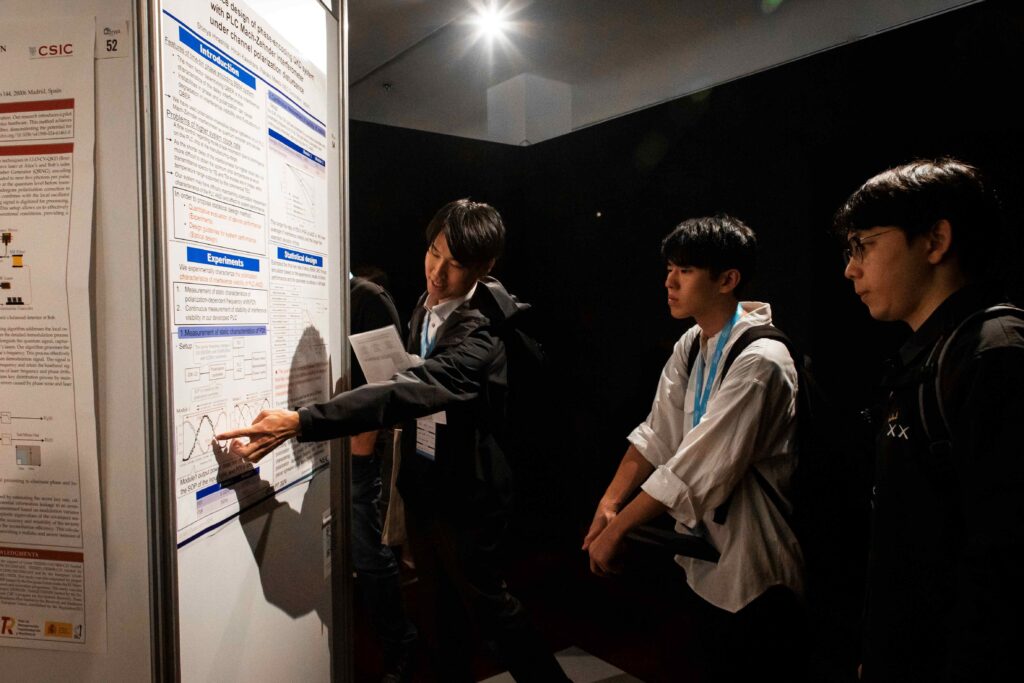
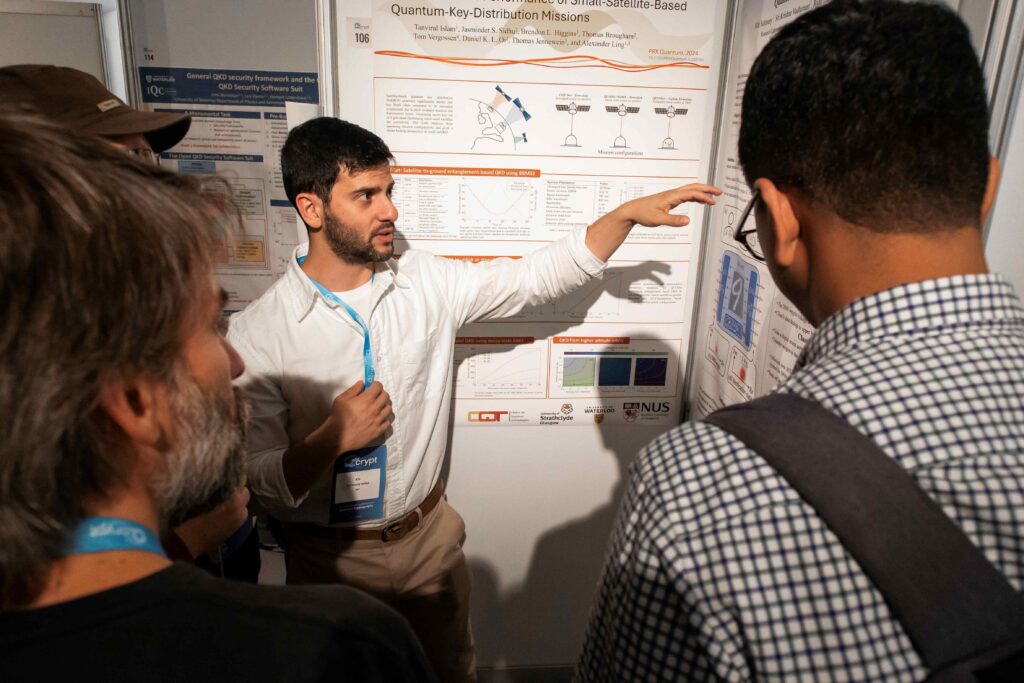
___________________________________________________________
Public Lecture
“Quantum computers and cryptography: what happens when bits become quantum?” by Antonio Acín, ICFO – The Institute of Photonic Sciences.
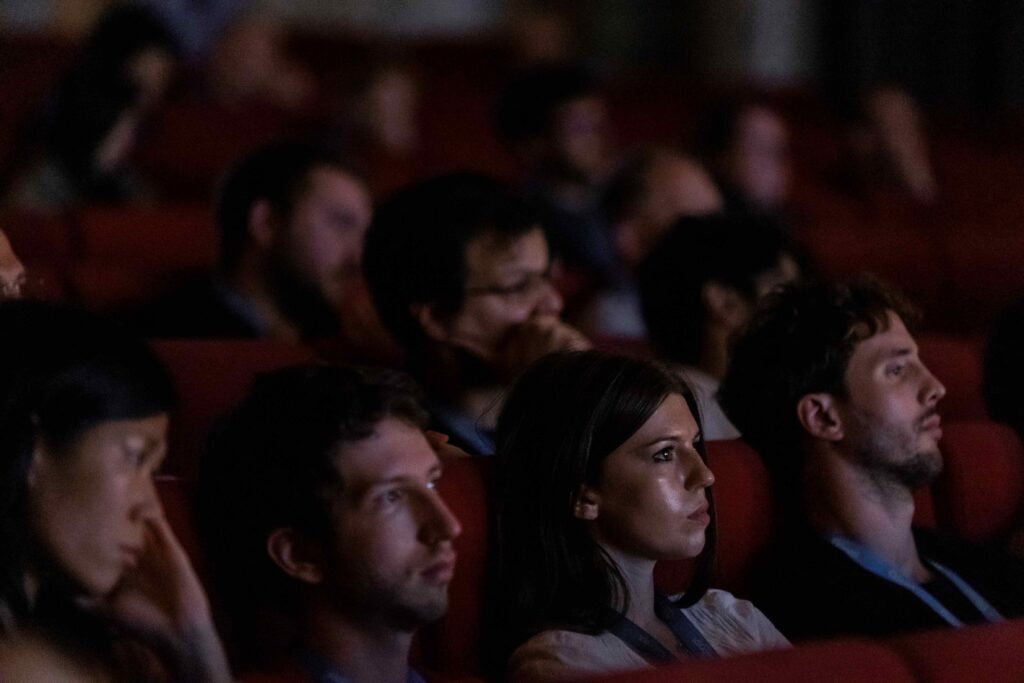
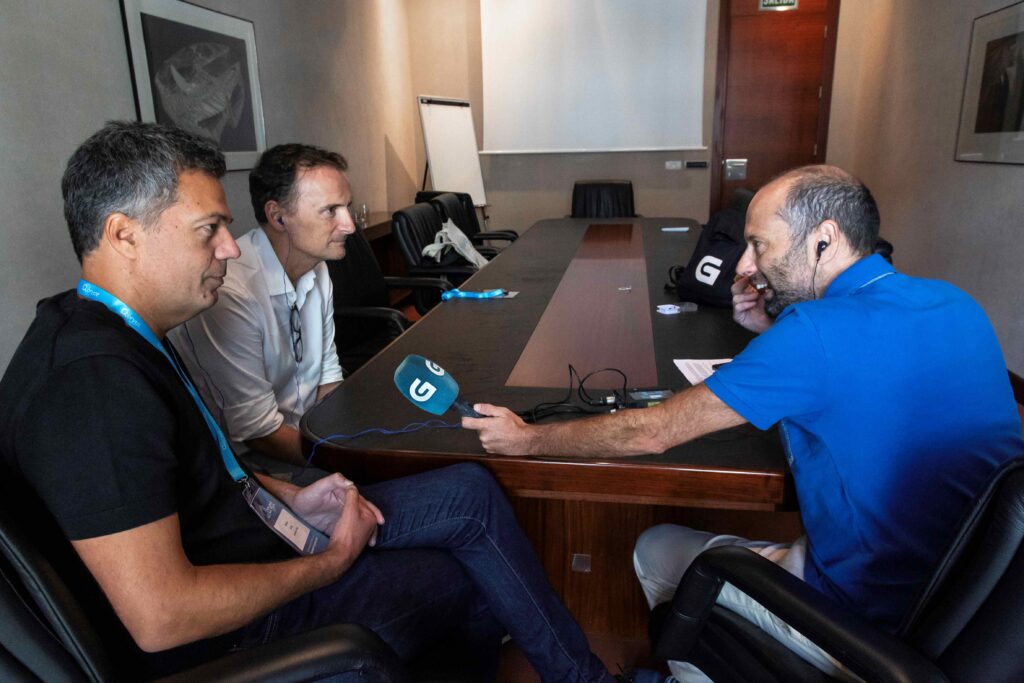
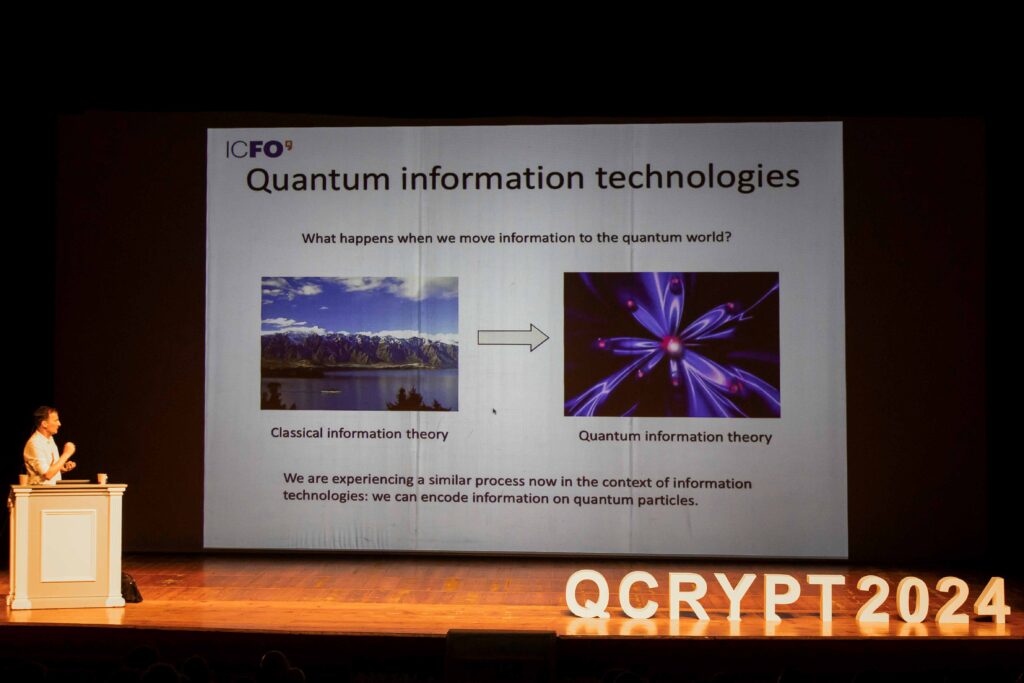
___________________________________________________________
Visit to the VQCC Labs
Almost 60 people enjoyed a guided tour of the laboratories of the Vigo Quantum Communication Center (VQCC).
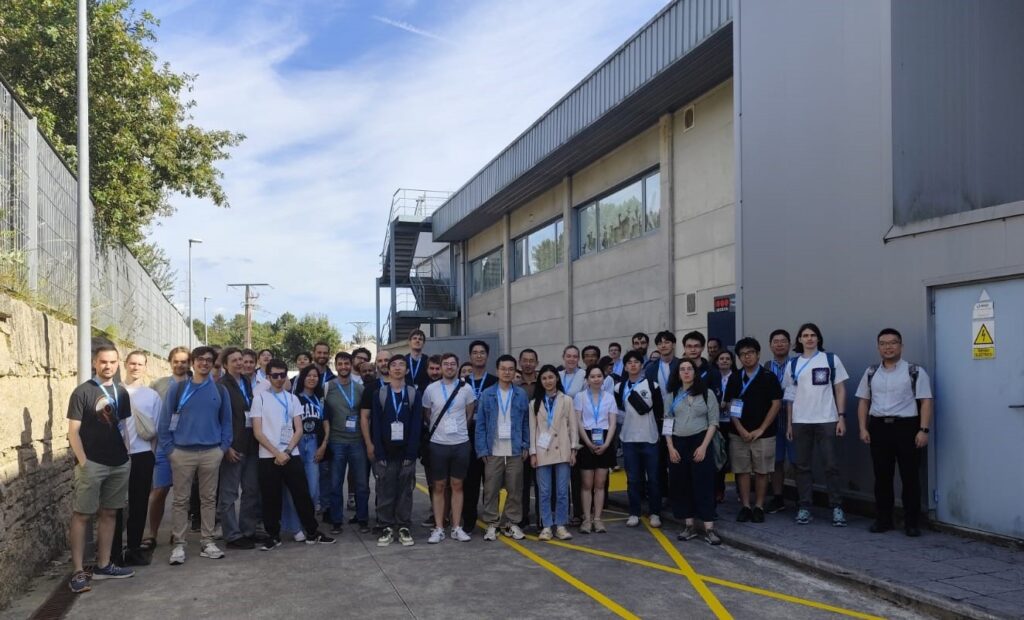
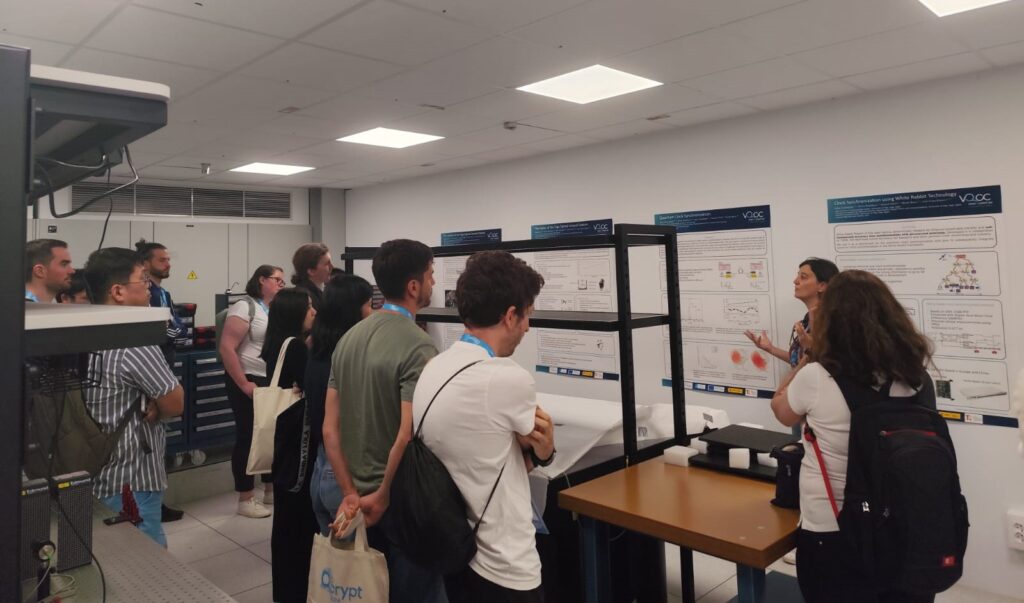
___________________________________________________________
Supervisors and Doctoral Candidates at Qcrypt 2024.
Marcos Curty from the University of Vigo, Mirko Pittaluga from Toshiba, Rob Thew from the University of Geneva, Mohsen Razavi from the University of Leeds and Eleni Diamanti from Sorbone University were some of the supervisors at the congress.
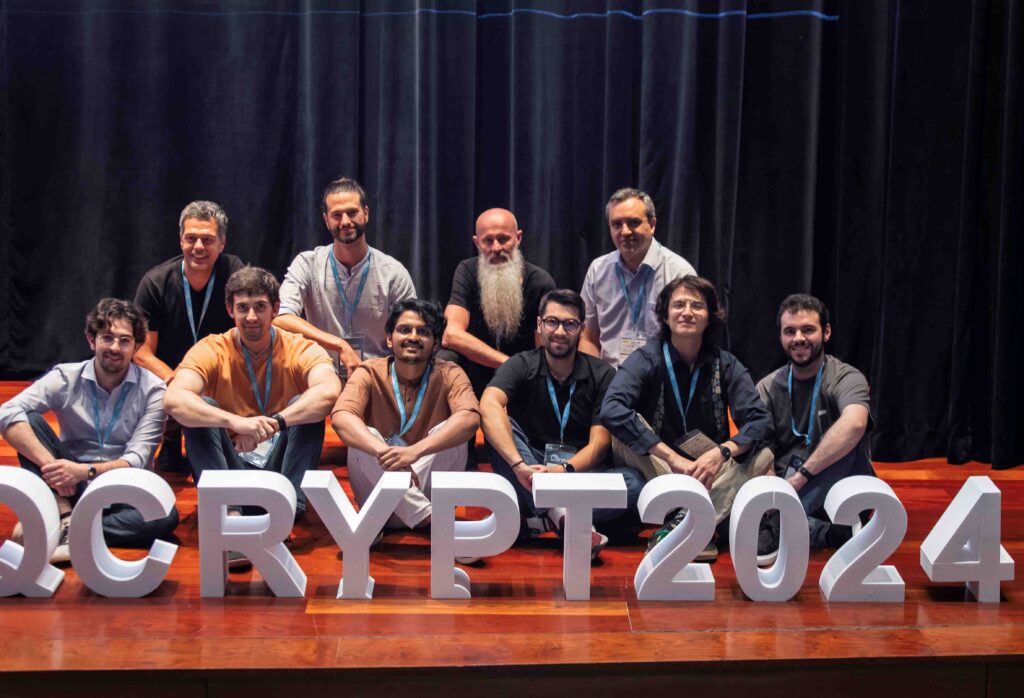
Supervisors Rob Thew and Eleni Diamanti at Qcrypt 2024.
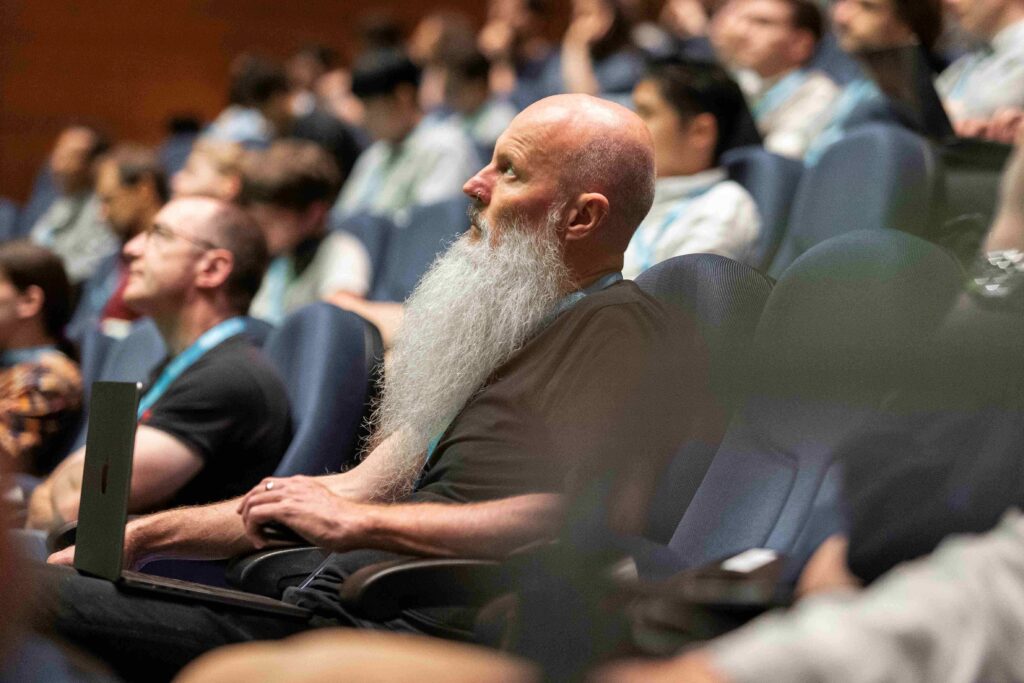
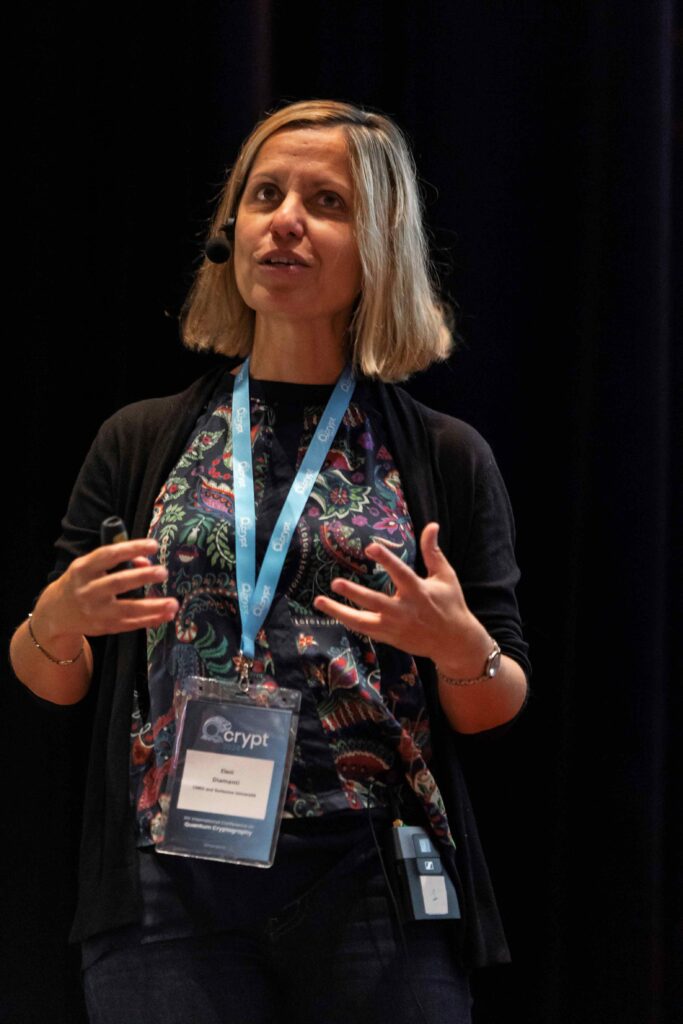
In this conferece, Eleni Diamanit presented her talk: ”Practical secure communication with quantum continuous variables”.
___________________________________________________________
Doctoral Candidates
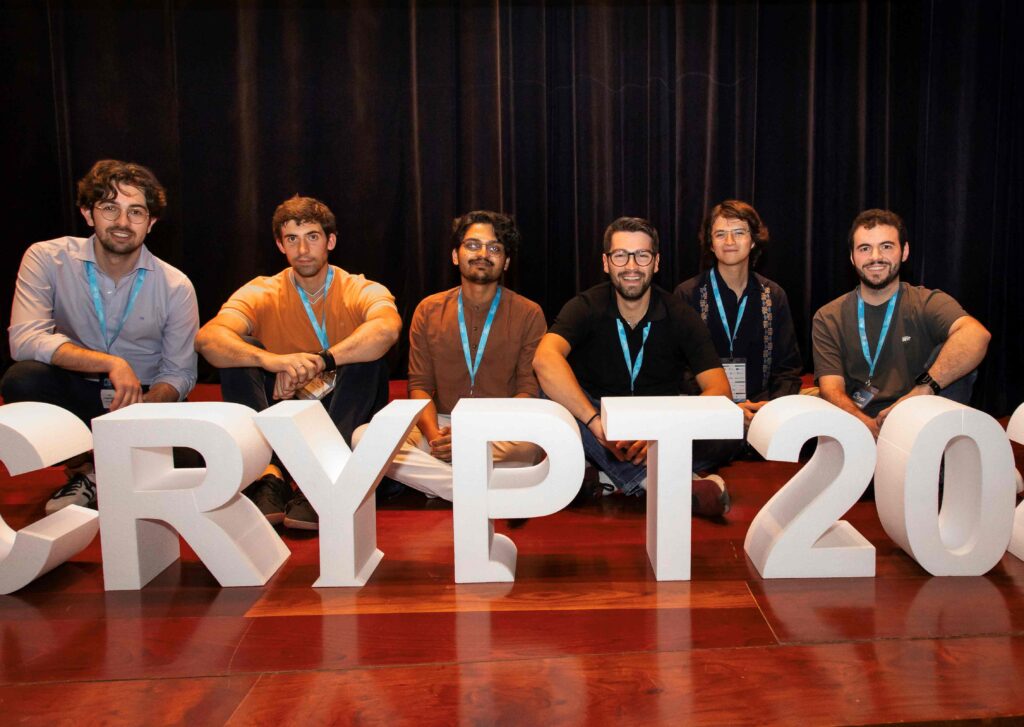
___________________________________________________________
The following Doctoral Candidates of the QSI project had the opportunity to present their poster:
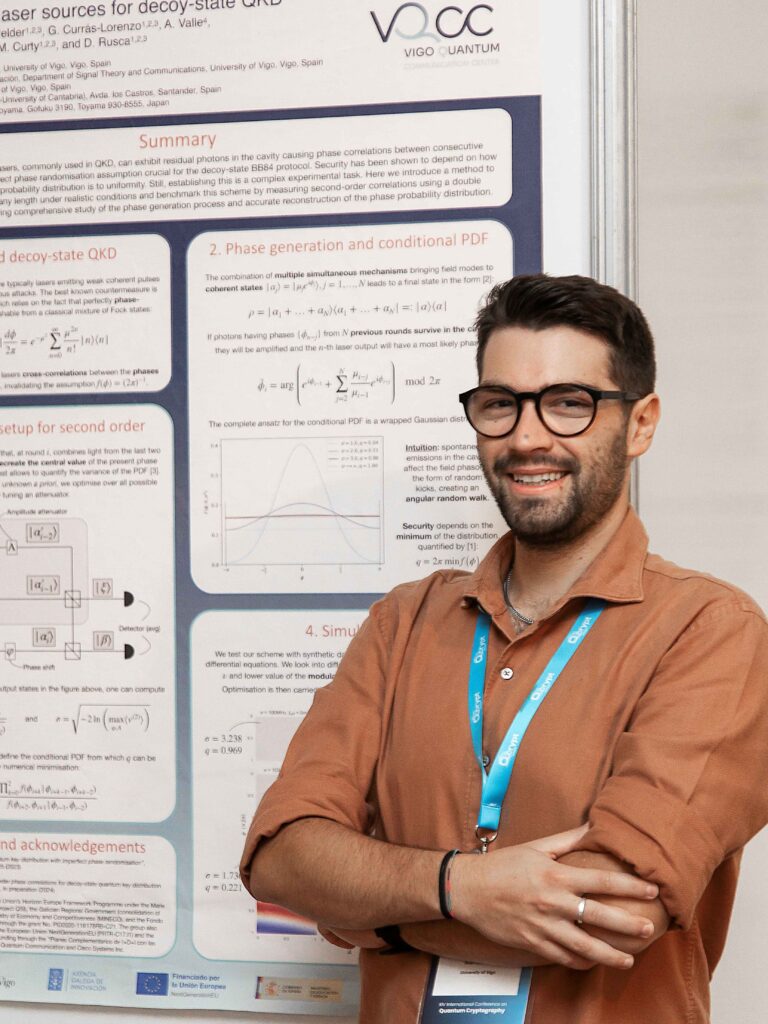
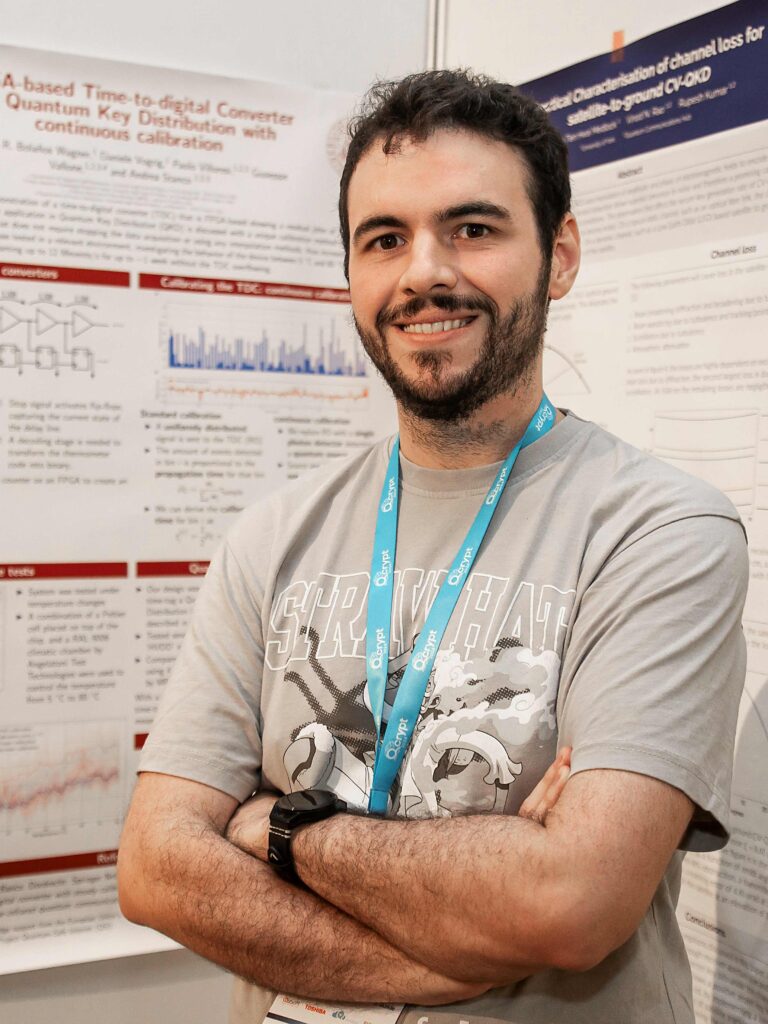
Experimental characterisation of second-order phase correlations in gain-switched laser sources for decoy-state QKD.
Alessandro Marcomini (University of Vigo); Fadri Grünenfelder (University of Vigo); Guillermo Currás-Lorenzo (University of Vigo); Angel Valle (Instituto de Física de Cantabria); Kiyoshi Tamaki (University of Toyama); Hugo Zbinden (University of Vigo); Marcos Curty (University of Vigo); Davide Rusca (University of Vigo).
Quantum Backdoor – Performing Electronic Side-Channel Analysis on Quantum Key Distribution Systems
Beatriz Lopes da Costa (Instituto Superior Técnico, Universidade de Lisboa); Matías R. Bolaños Wagner (Dipartimento di Ingegneria dell’Informazione, Università degli Studi di Padova); Ricardo Chaves (Instituto Superior Técnico, Universidade de Lisboa); Claudio Narduzzi (Dipartimento di Ingegneria dell’Informazione, Università degli Studi di Padova); Marco Avesani (Dipartimento di Ingegneria dell’Informazione, Università degli Studi di Padova); Davide Giacomo Marangon (Dipartimento di Ingegneria dell’Informazione, Università degli Studi di Padova); Andrea Stanco (Dipartimento di Ingegneria dell’Informazione, Università degli Studi di Padova); Giuseppe Vallone (Dipartimento di Ingegneria dell’Informazione, Università degli Studi di Padova); Paolo Villoresi (Dipartimento di Ingegneria dell’Informazione, Università degli Studi di Padova); Yasser Omar (Instituto Superior Técnico, Universidade de Lisboa)
An auto-calibrated time-to-digital converter for Quantum Communication
Matías Rubén Bolaños Wagner (Dipartimento di Ingegneria dell’Informazione, Università degli Studi di Padova, Via Gradenigo 6B – 35131 Padova, Italy); Daniele Vogrig (Dipartimento di Ingegneria dell’Informazione, Università degli Studi di Padova, Via Gradenigo 6B – 35131 Padova, Italy); Paolo Villoresi (Dipartimento di Ingegneria dell’Informazione, Università degli Studi di Padova, Via Gradenigo 6B – 35131 Padova, Italy); Giuseppe Vallone (Dipartimento di Ingegneria dell’Informazione, Università degli Studi di Padova, Via Gradenigo 6B – 35131 Padova, Italy); Andrea Stanco (Dipartimento di Ingegneria dell’Informazione, Università degli Studi di Padova, Via Gradenigo 6B – 35131 Padova, Italy)
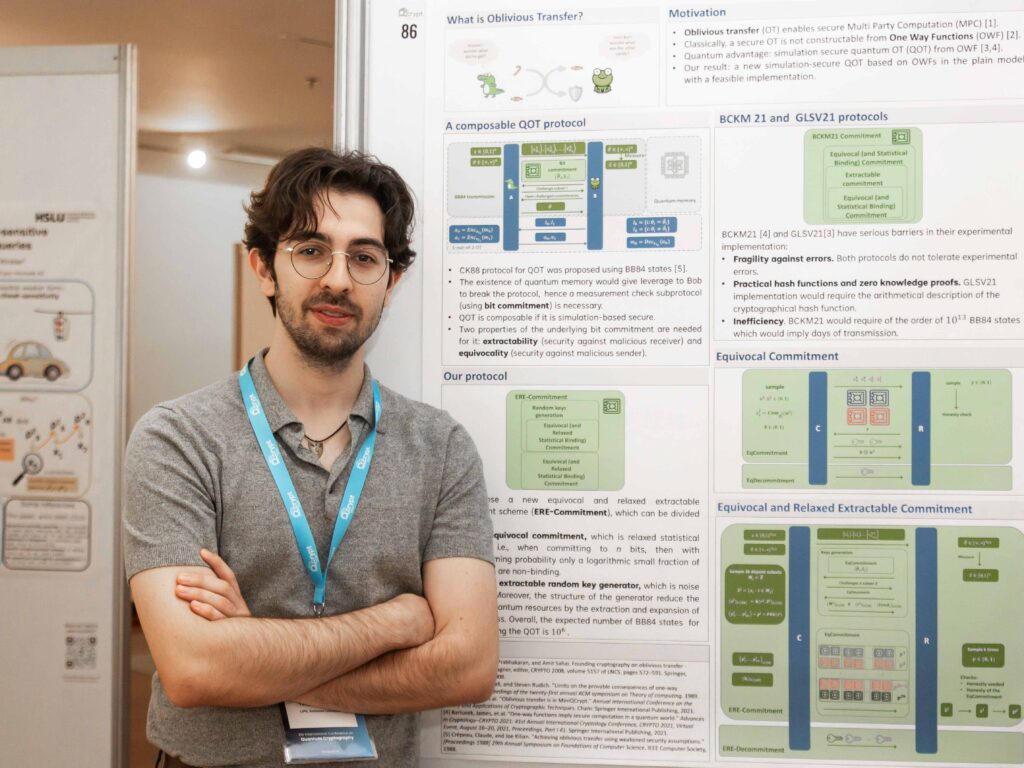
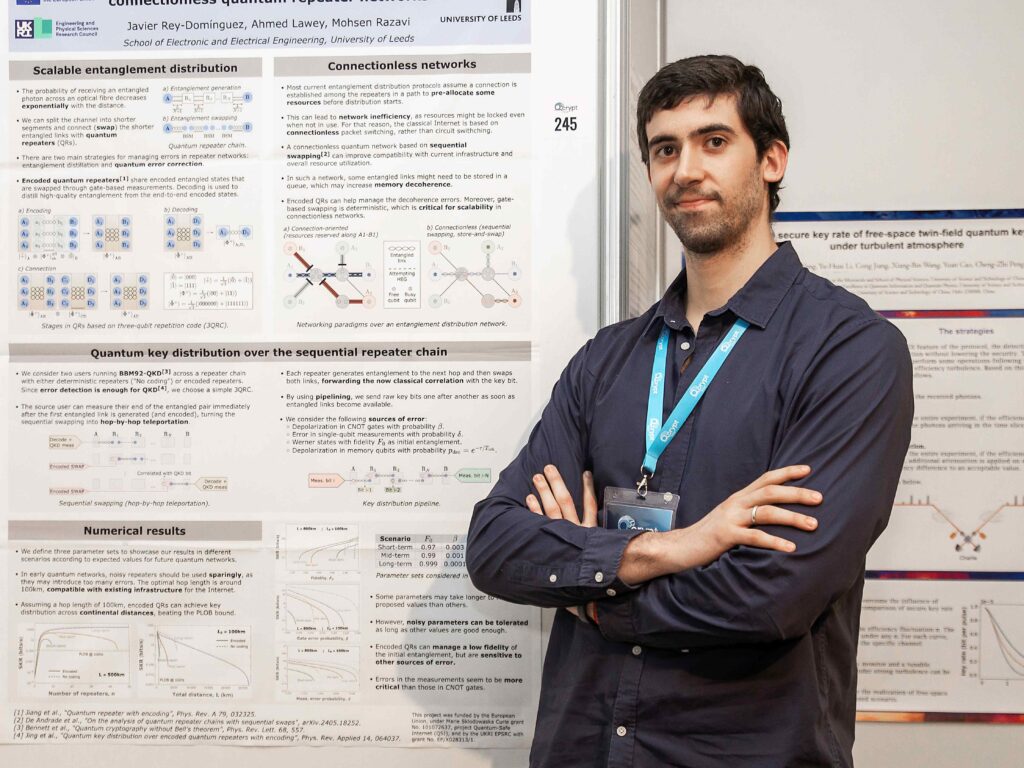
A Practical Protocol for Quantum Oblivious Transfer from One-Way Functions
Eleni Diamanti (Sorbonne Université, CNRS, LIP6); Alex Bredariol Grilo (Sorbonne Université, CNRS, LIP6); Adriano Innocenzi (Sorbonne Université, CNRS, LIP6); Pascal Lefebvre (Sorbonne Université, CNRS, LIP6); Verena Yacoub (Sorbonne Université, CNRS, LIP6); Alvaro Yángüez (Sorbonne Université, CNRS, LIP6)
Experimental implementation of quantum oblivious transfer from one-way functions
Adriano Innocenzi (Sorbonne Université, CNRS, LIP6); Verena Yacoub (Sorbonne Université, CNRS, LIP6); Alvaro Yanguez (Sorbonne Université, CNRS, LIP6); Pascal Lefebvre (Sorbonne Université, CNRS, LIP6); Alex Bredariol Grilo (Sorbonne Université, CNRS, LIP6); Eleni Diamanti (Sorbonne Université, CNRS, LIP6)
Quantum key distribution over connectionless quantum repeater networks
Javier Rey-Domínguez (University of Leeds); Mohsen Razavi (University of Leeds)
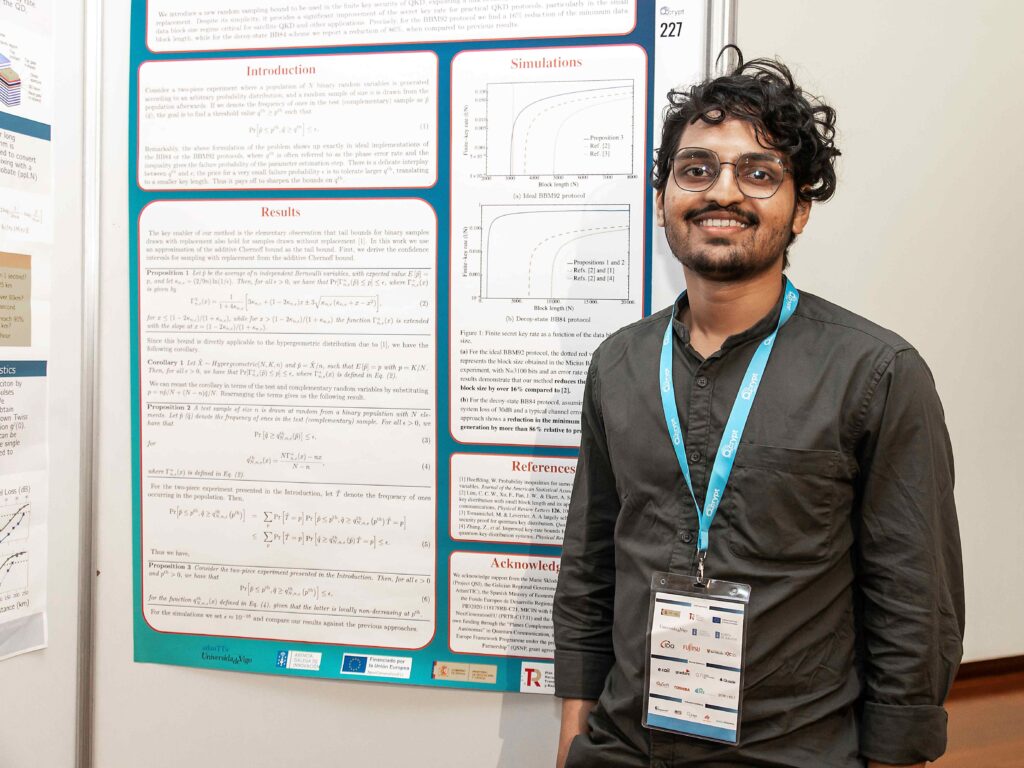
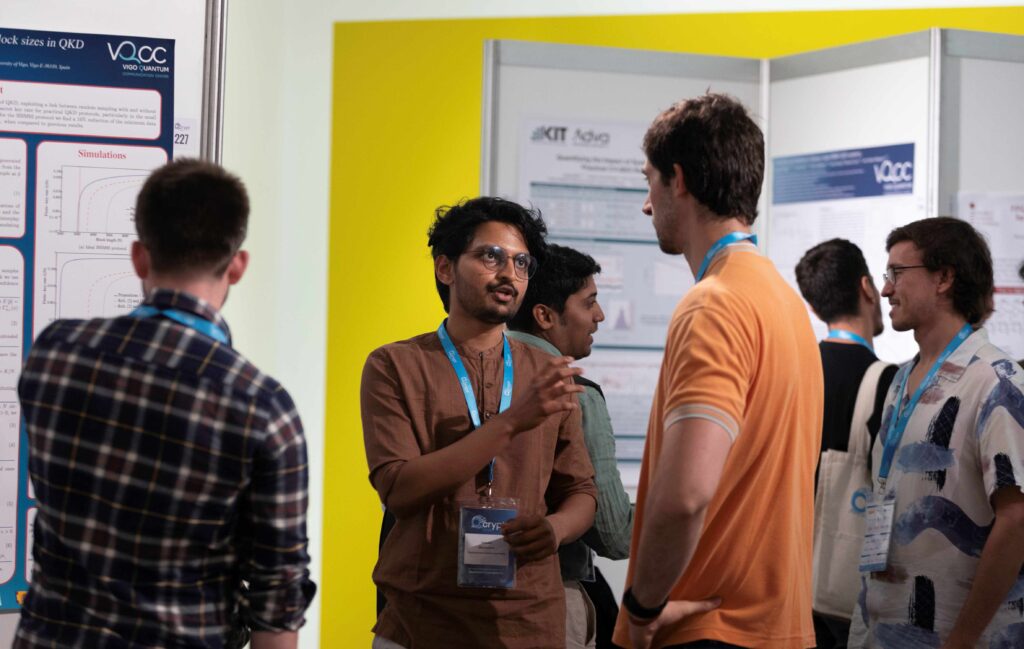
Quantum key distribution with small data block sizes
Vaisakh Mannalath (Vigo Quantum Communication Centre); Victor Zapatero (Vigo Quantum Communication Centre); Marcos Curty (Vigo Quantum Communication Centre)
Group photo of attendees at the Qcrypt 2024 Congress
